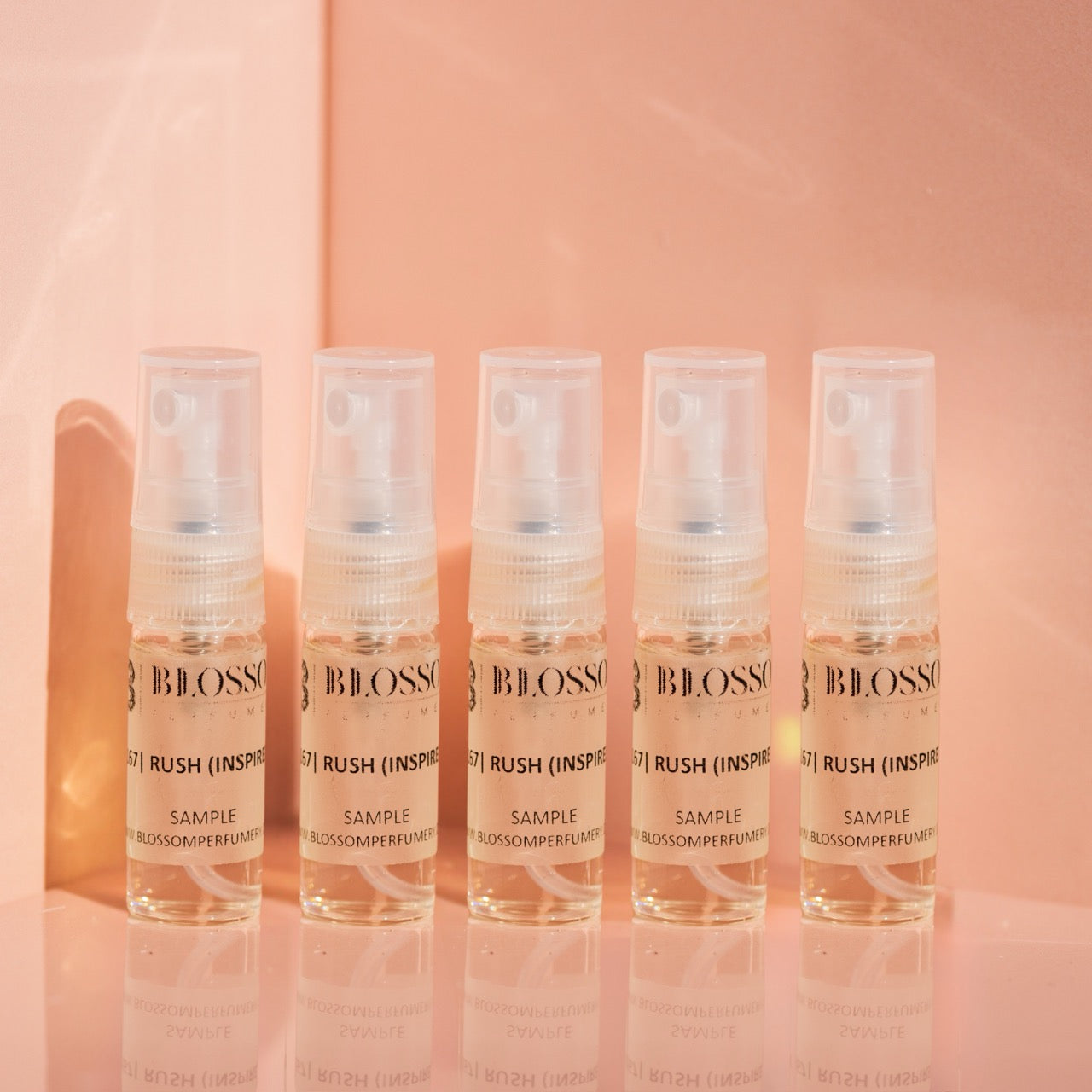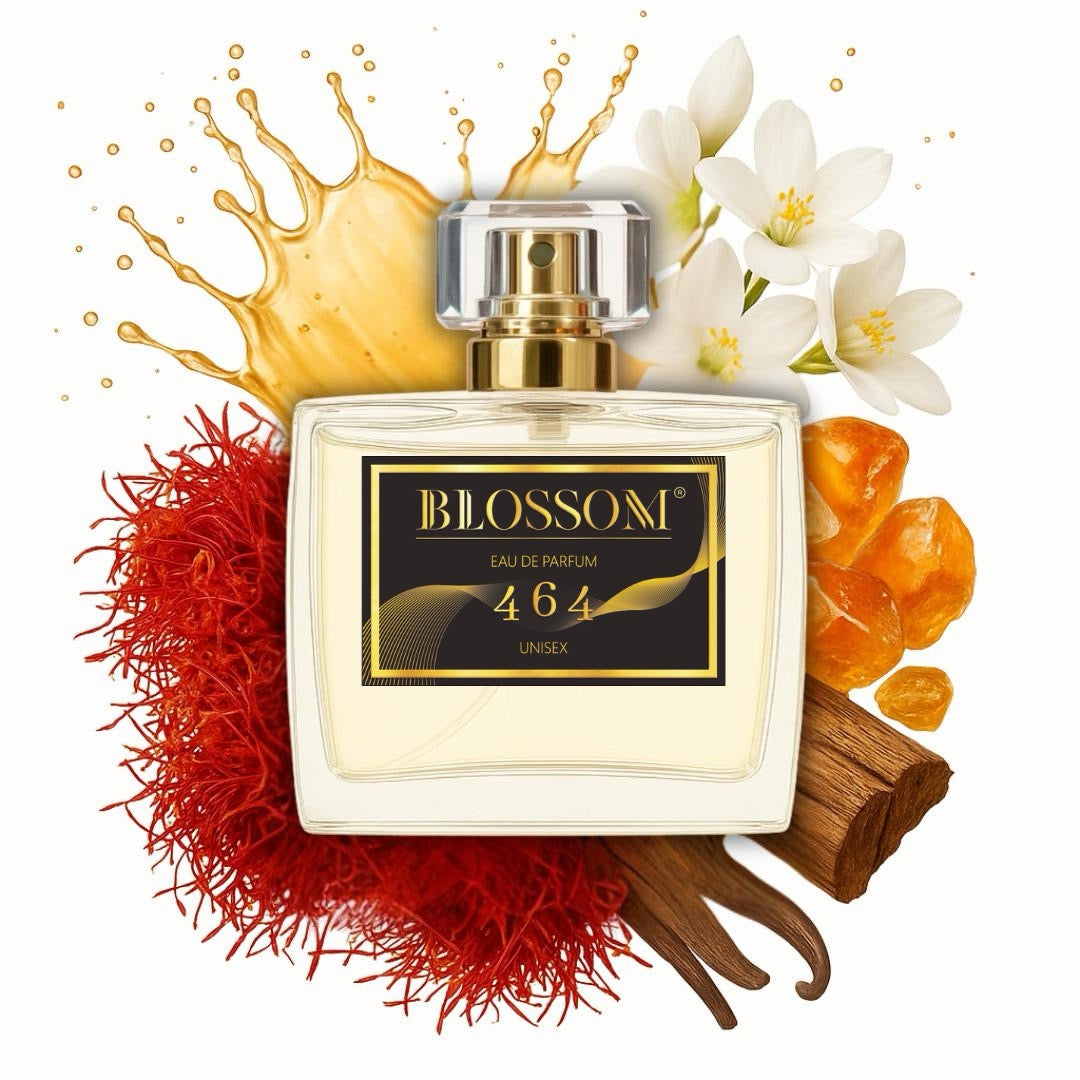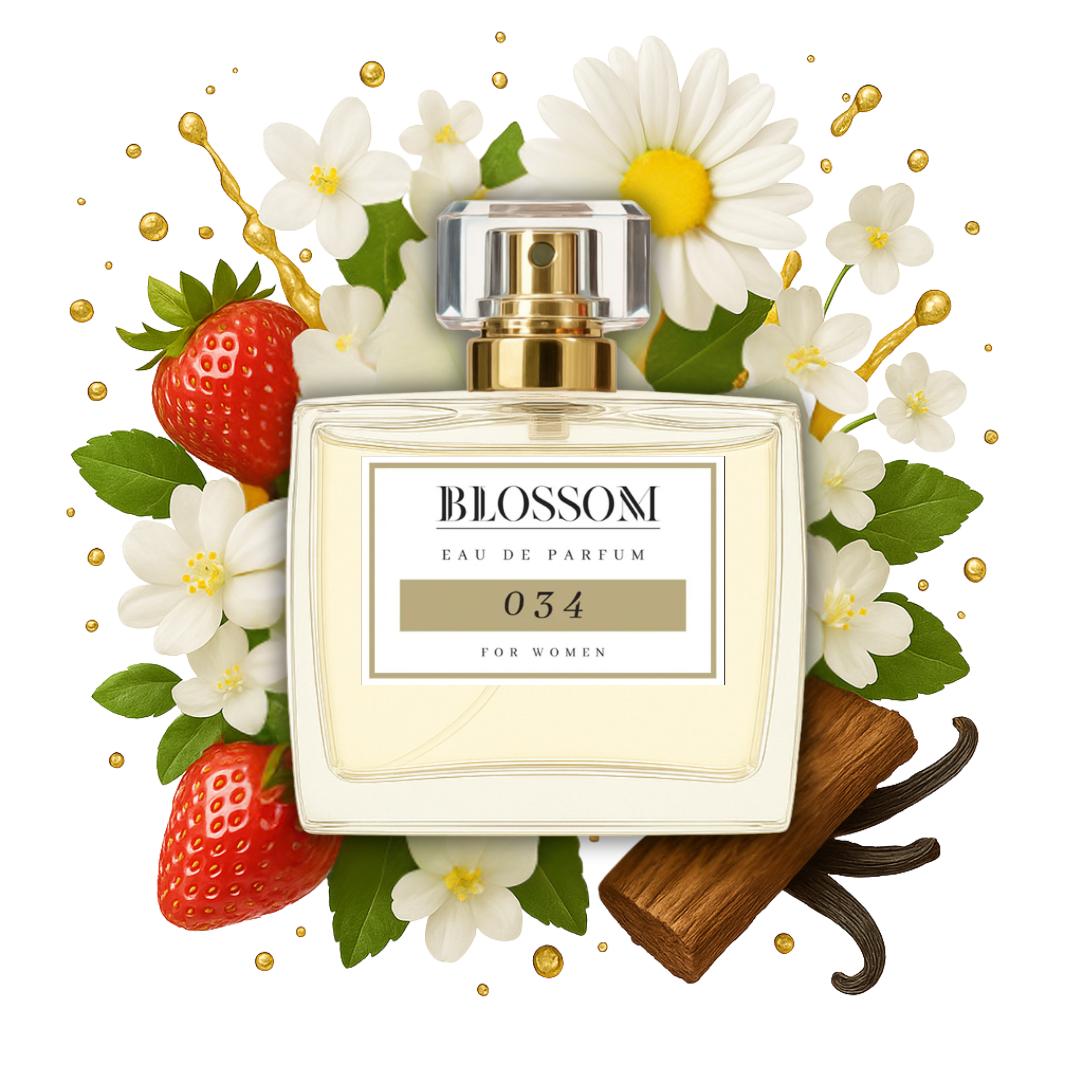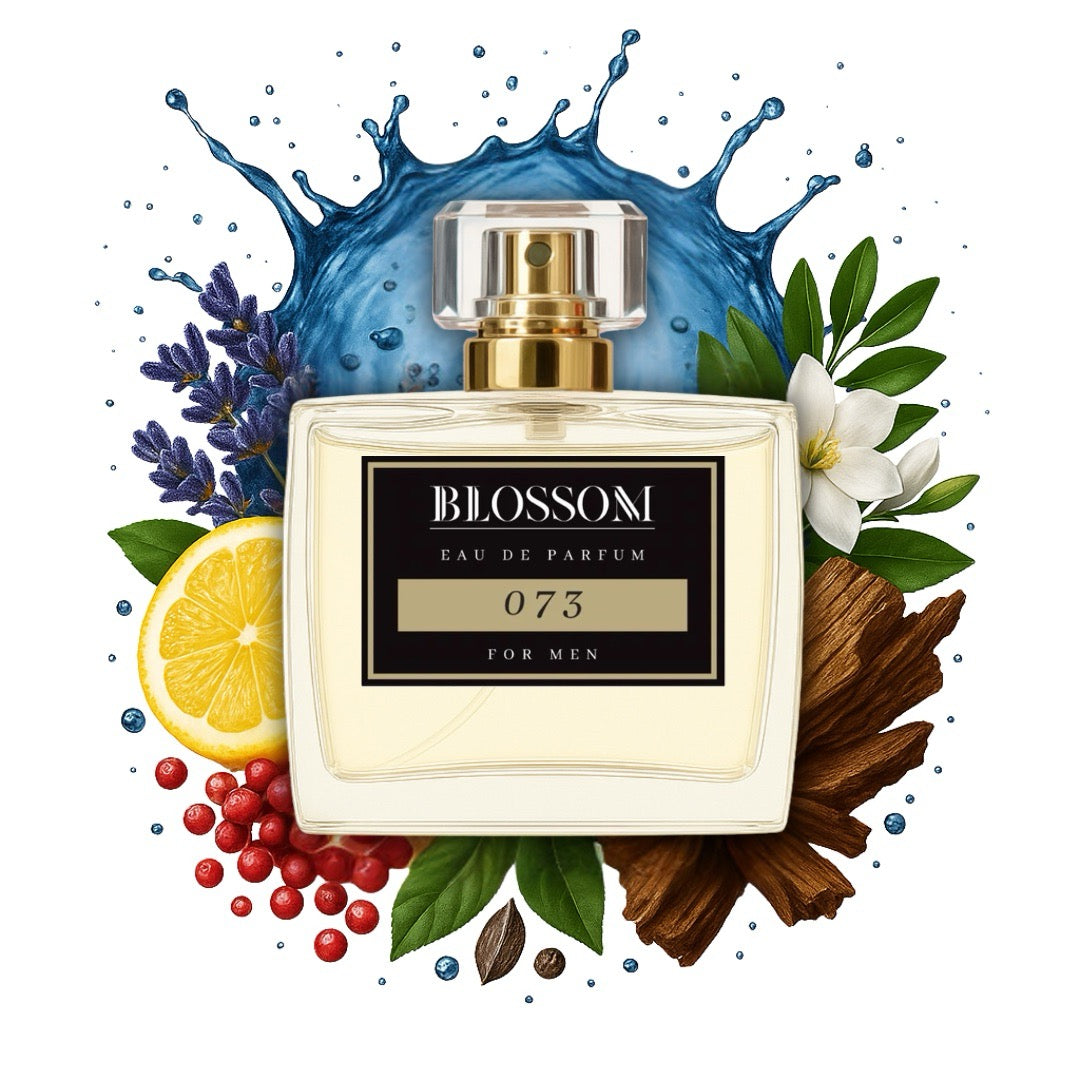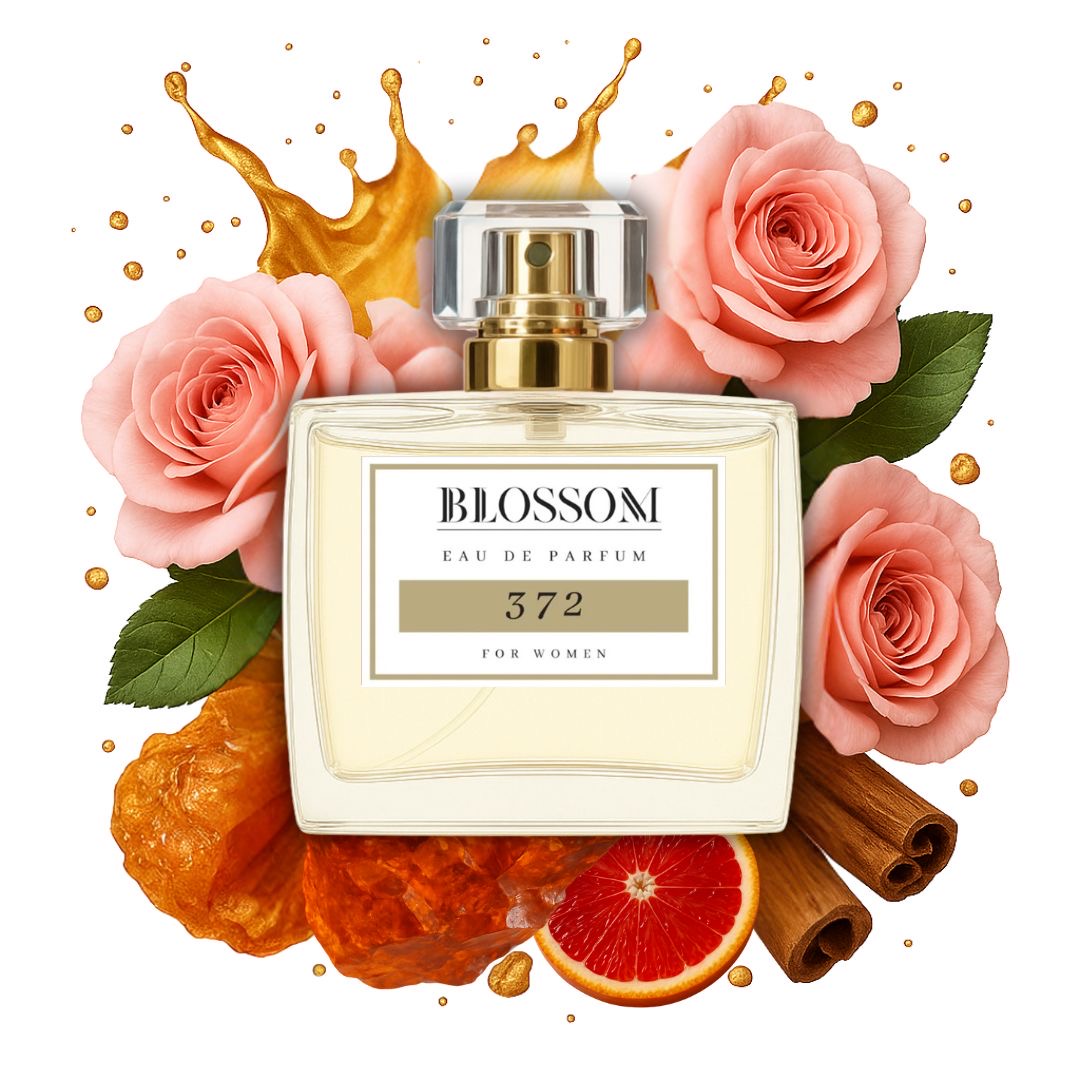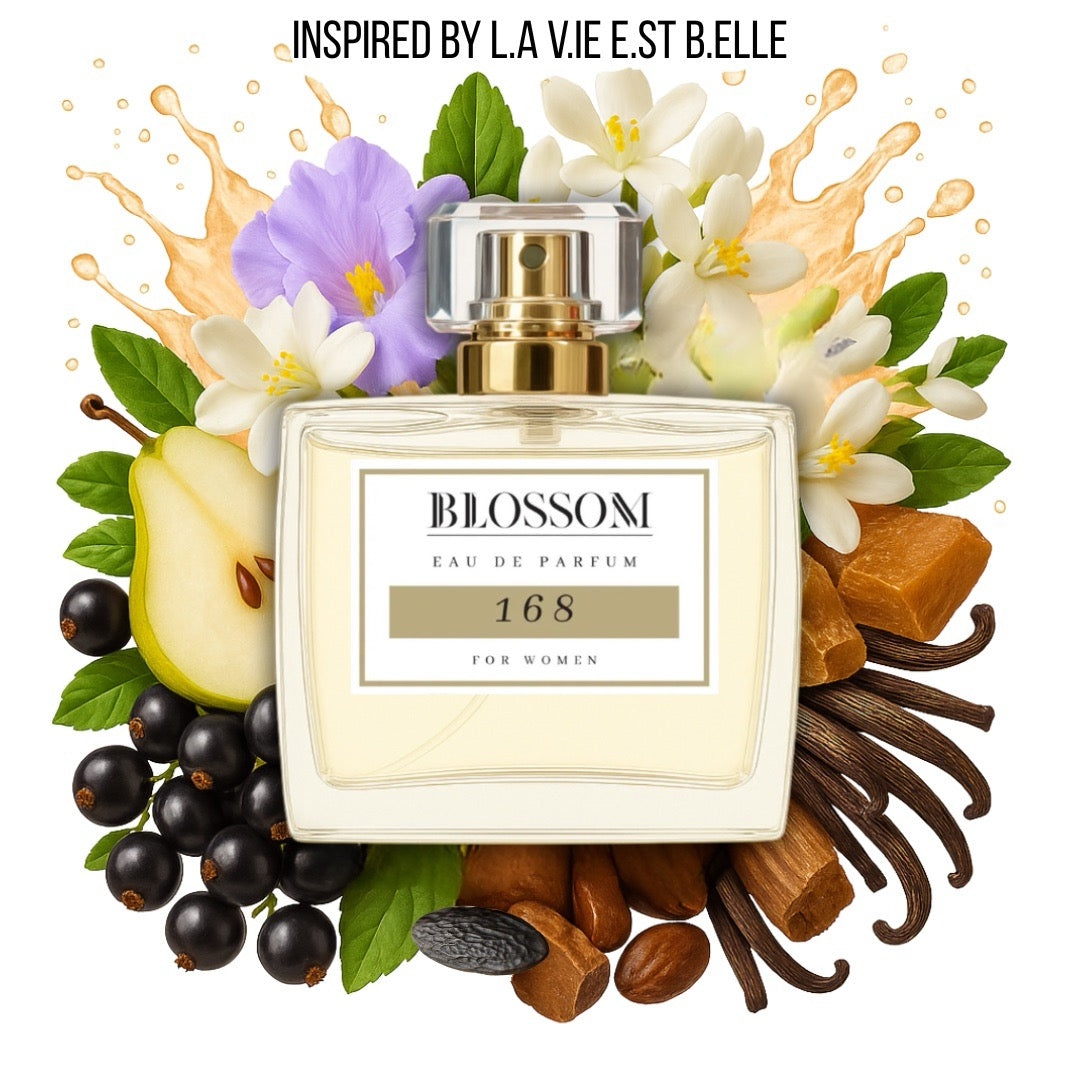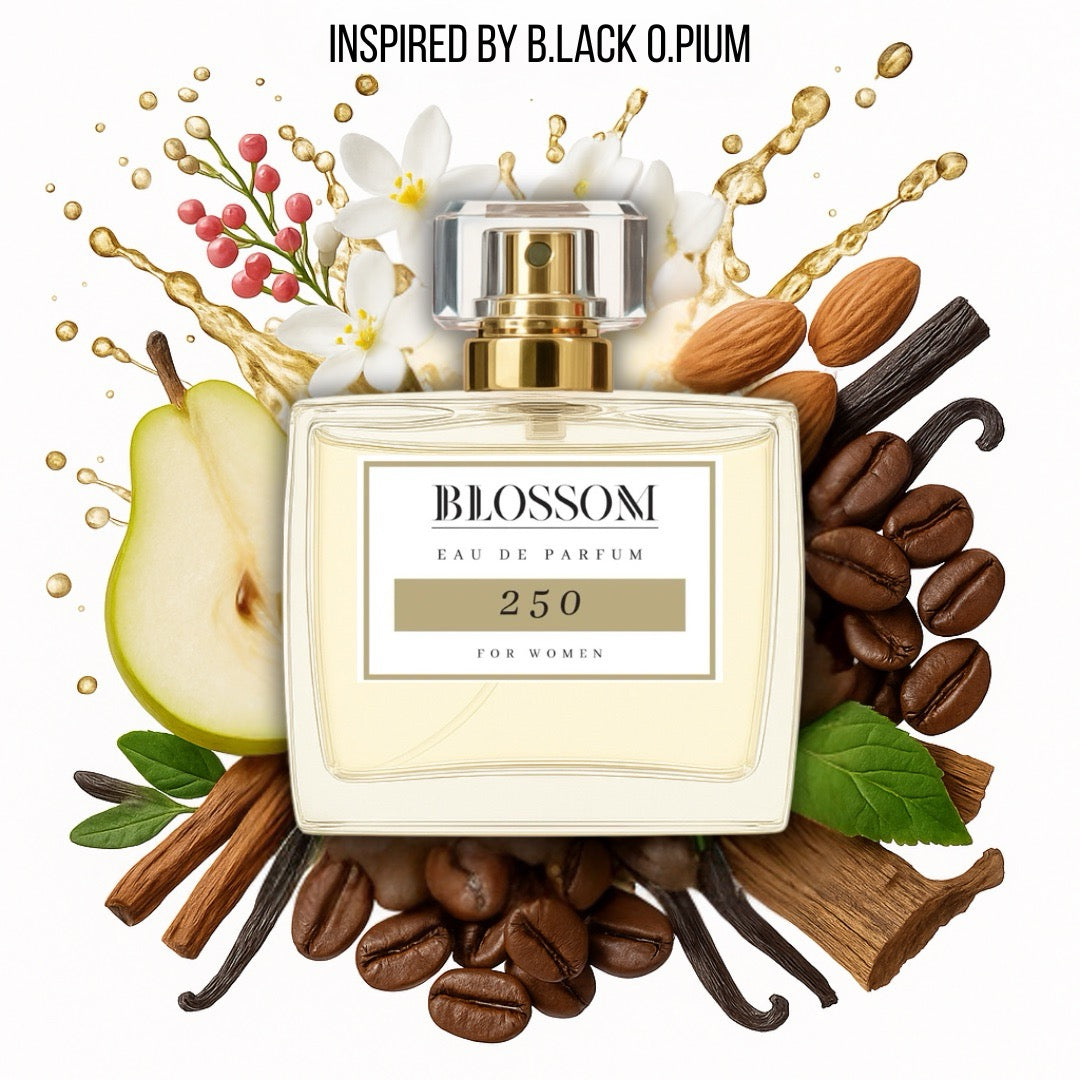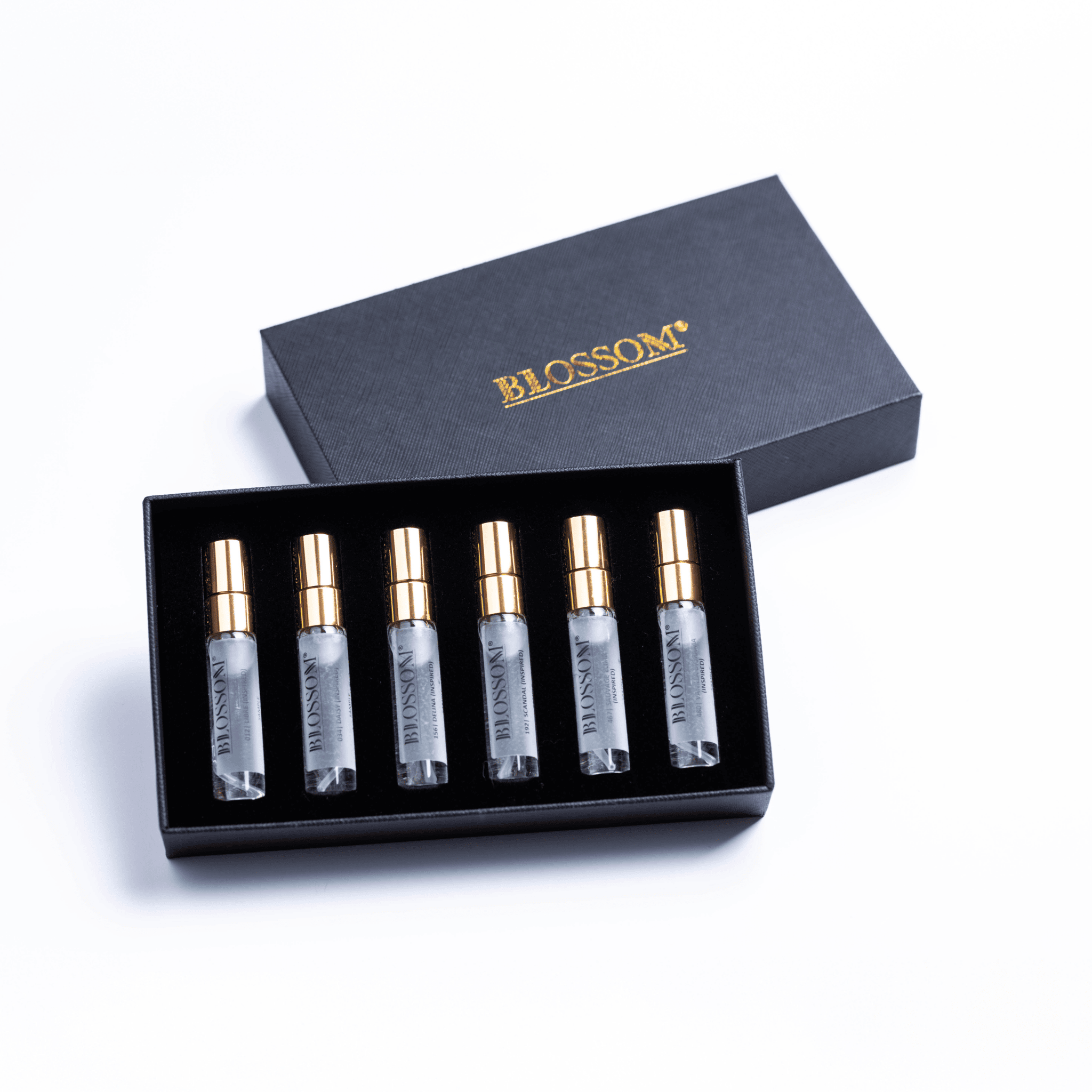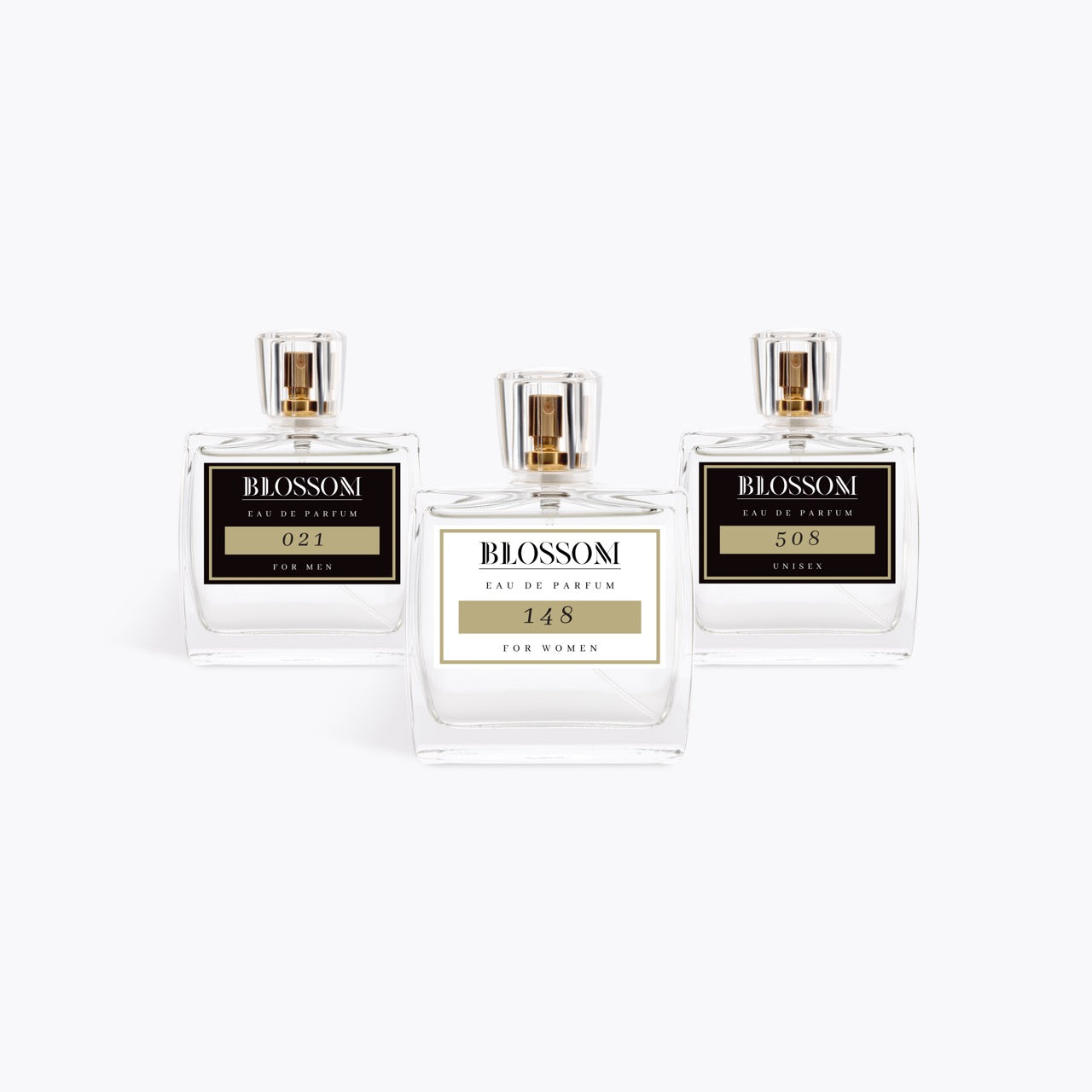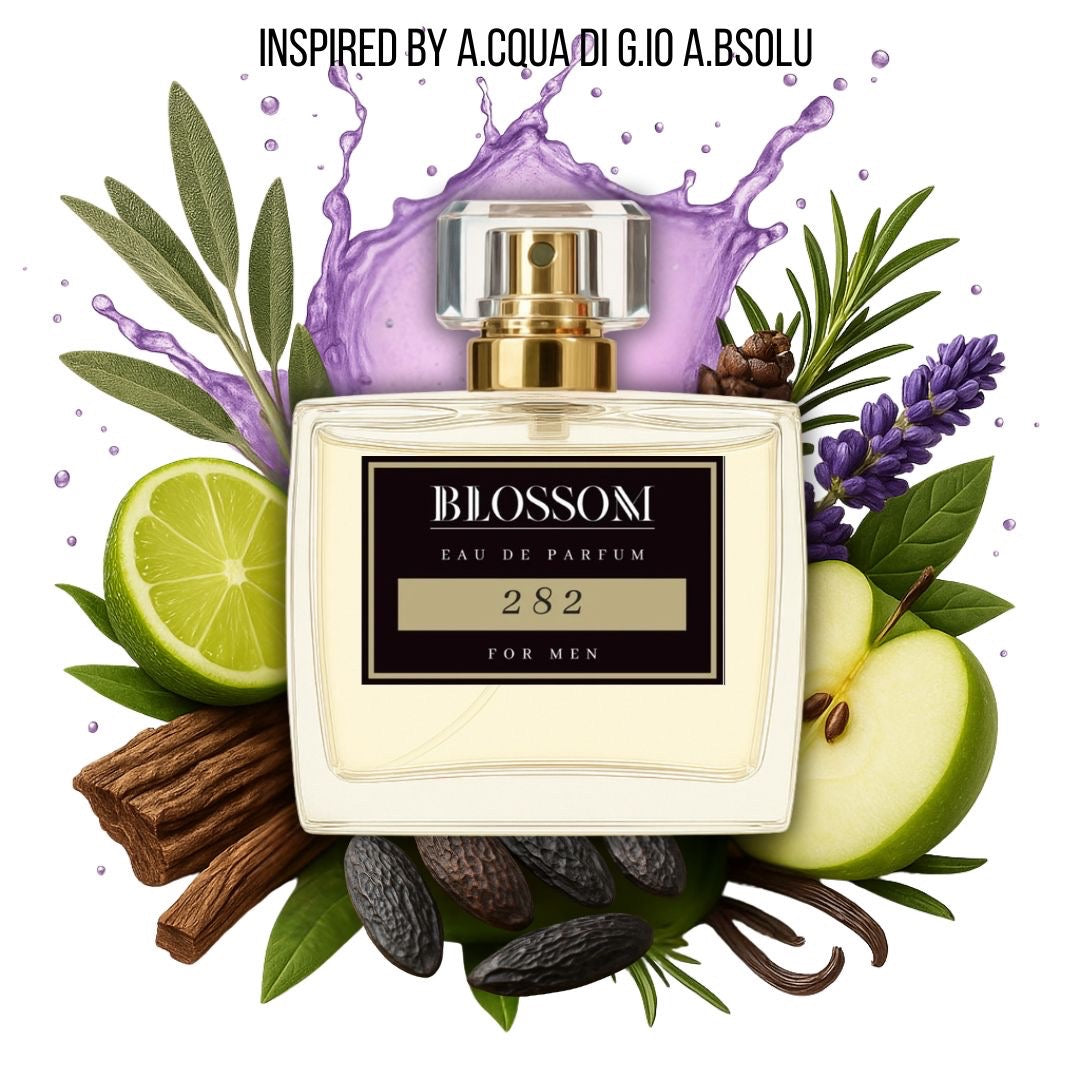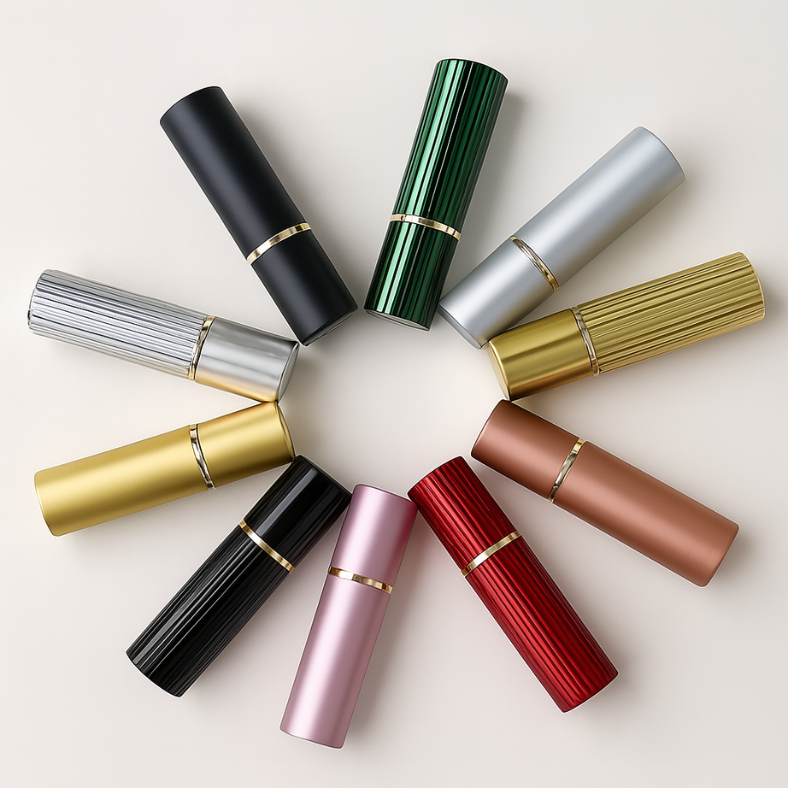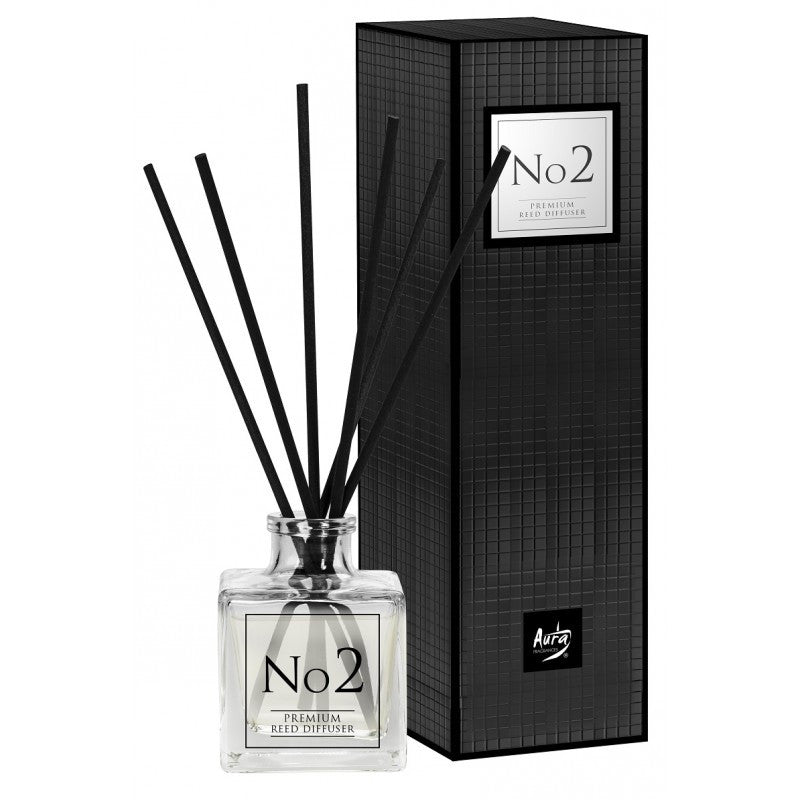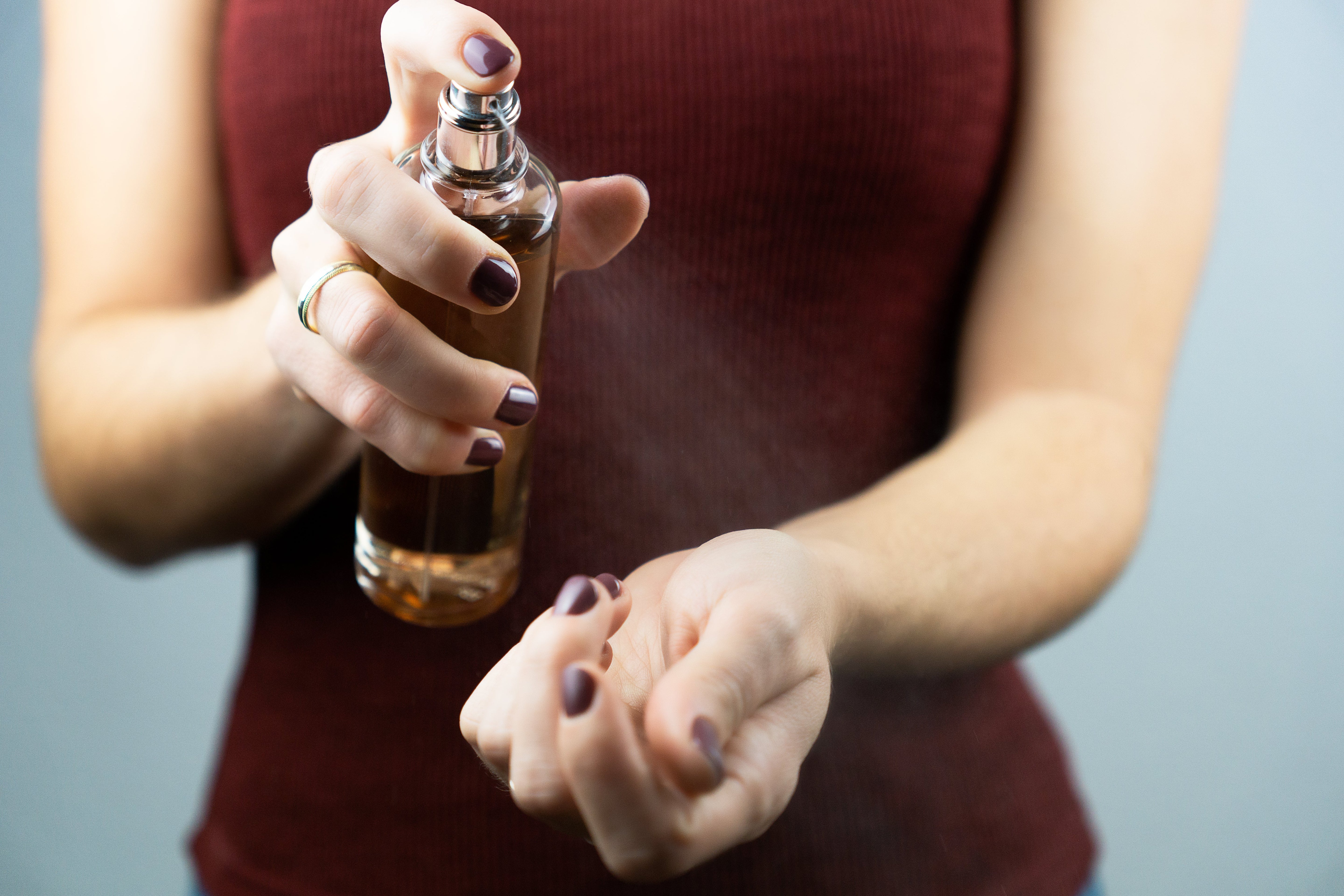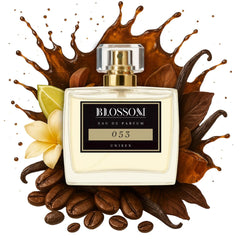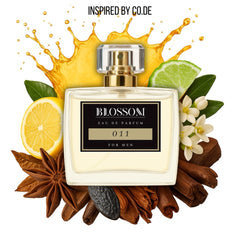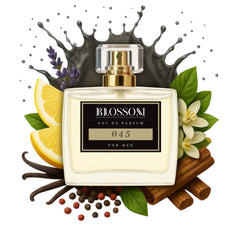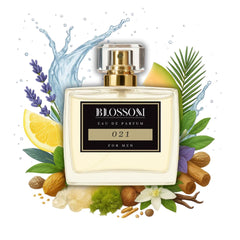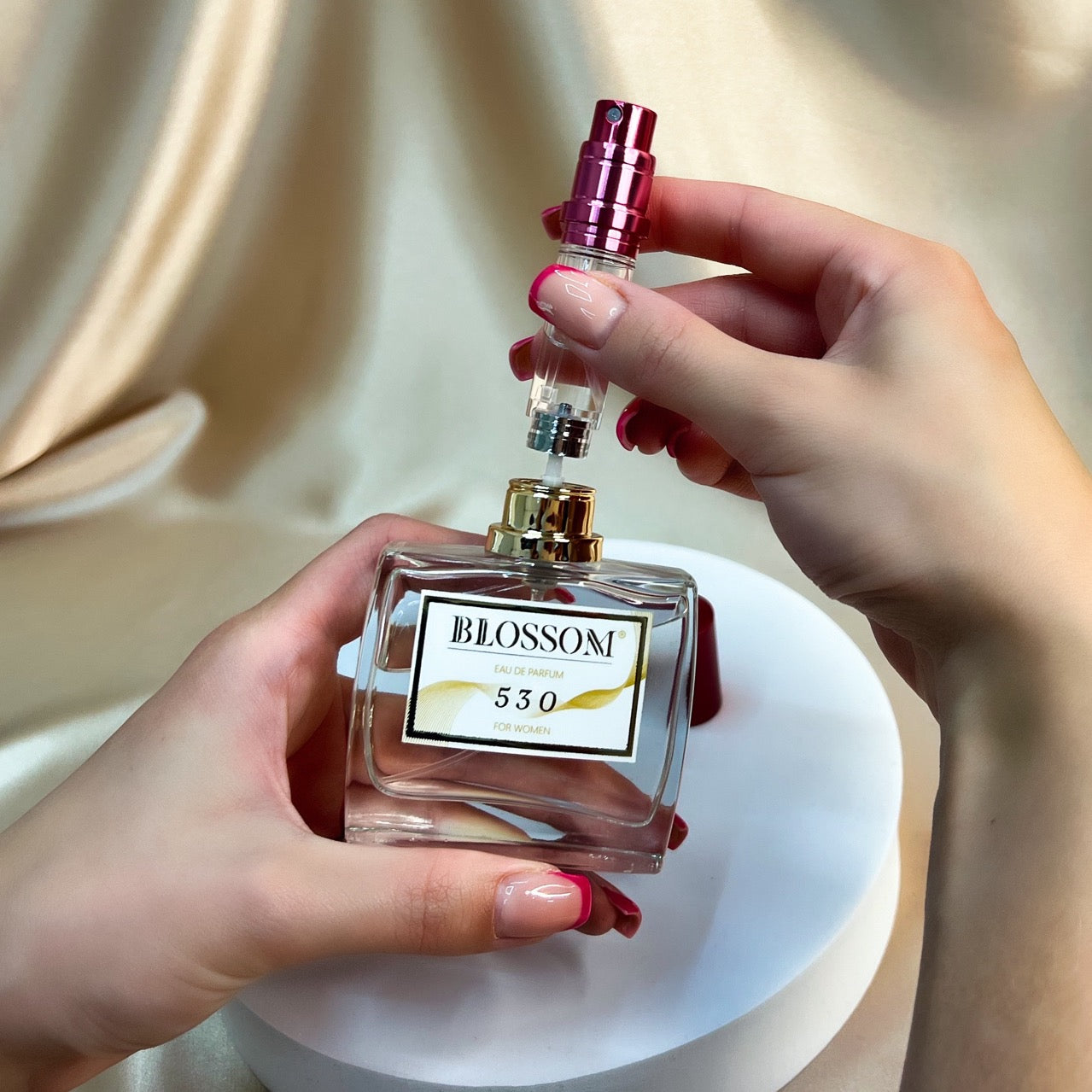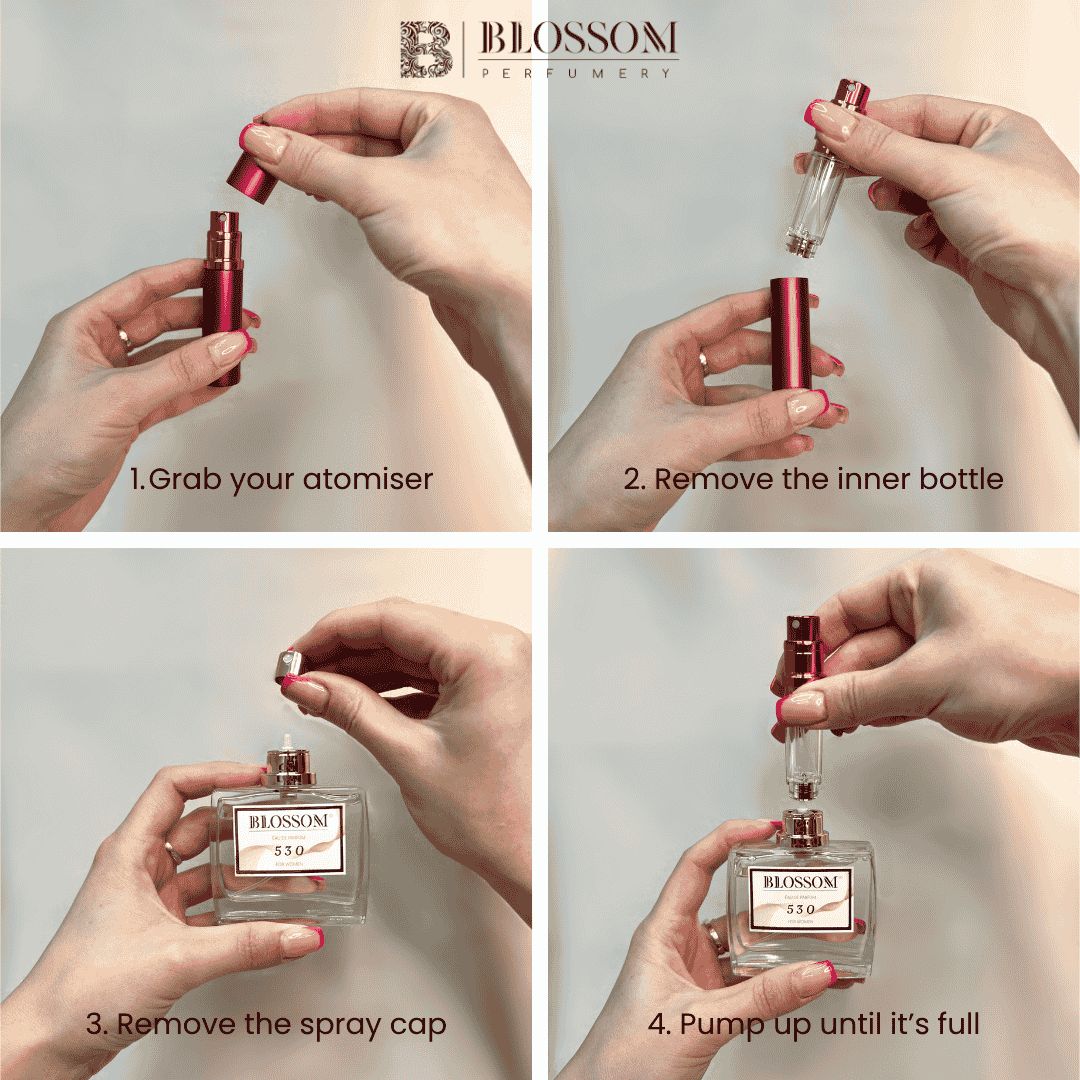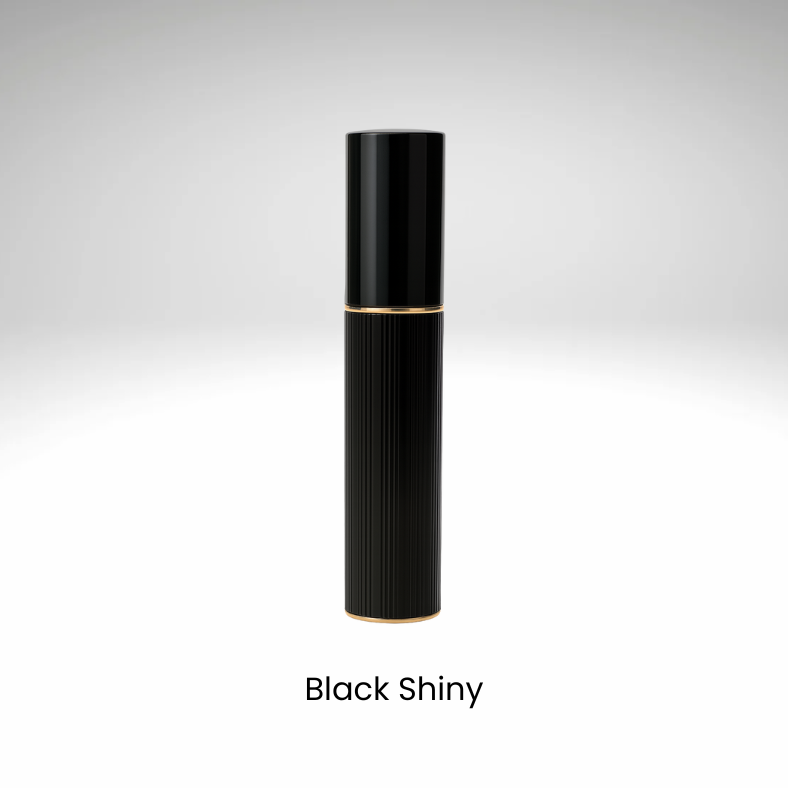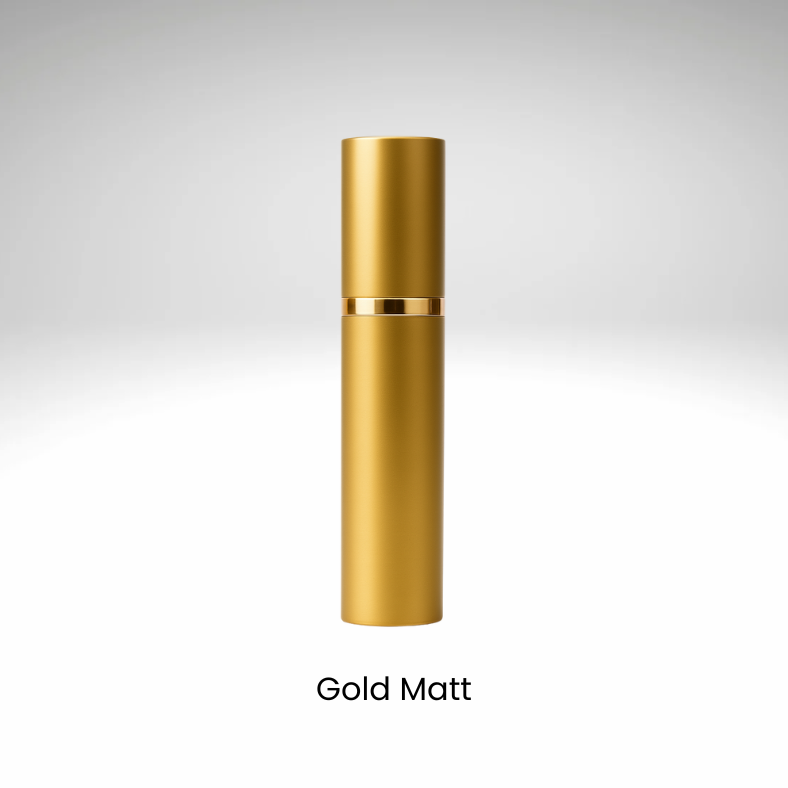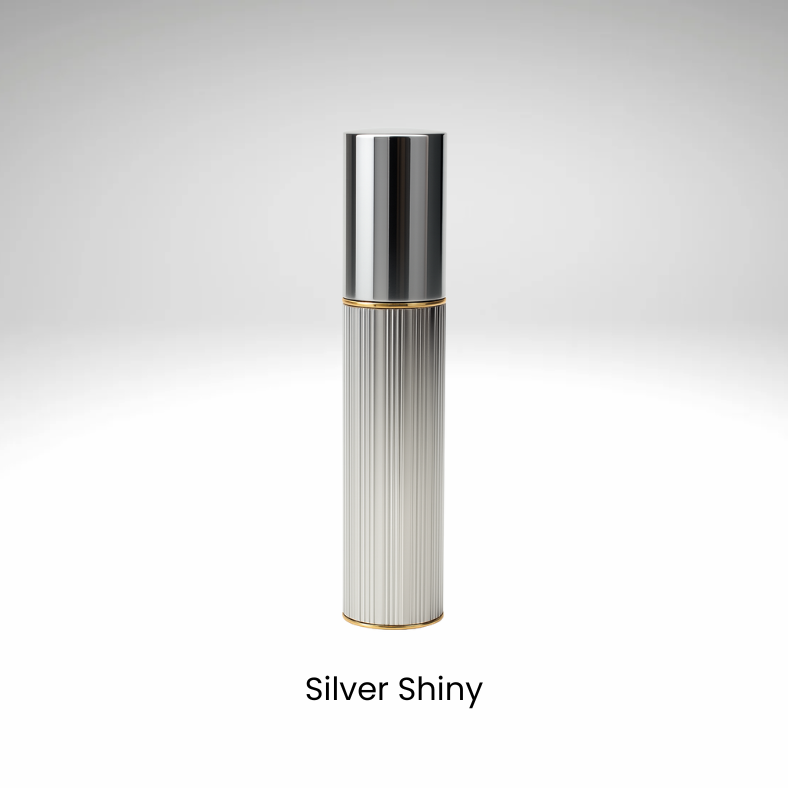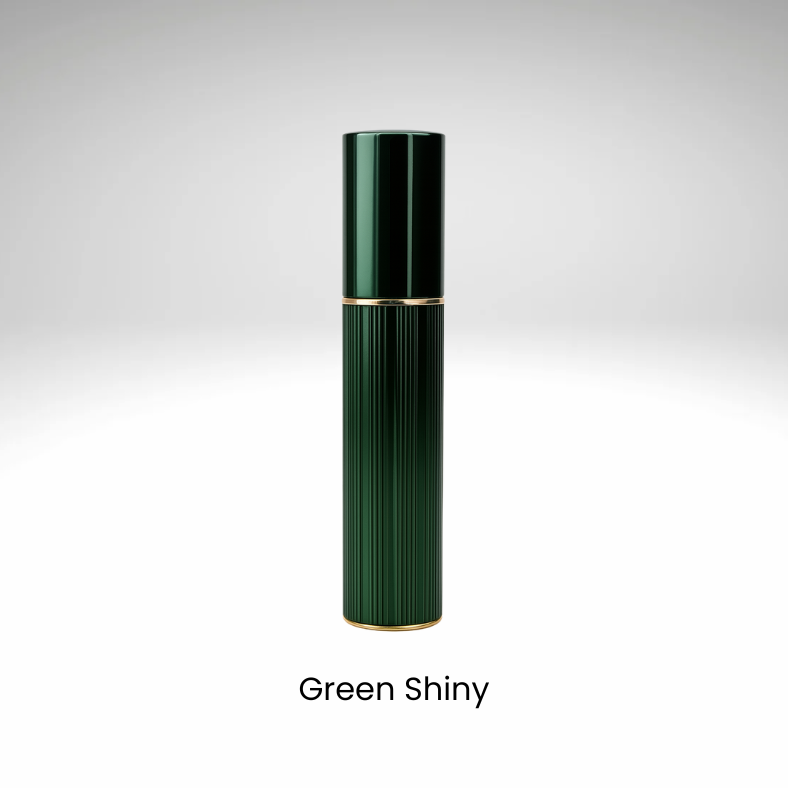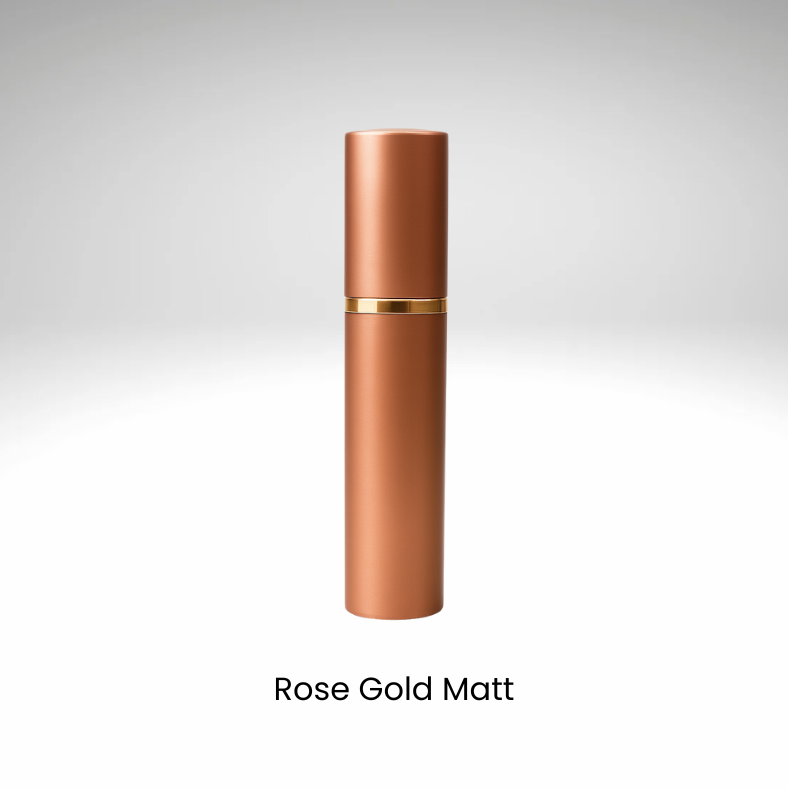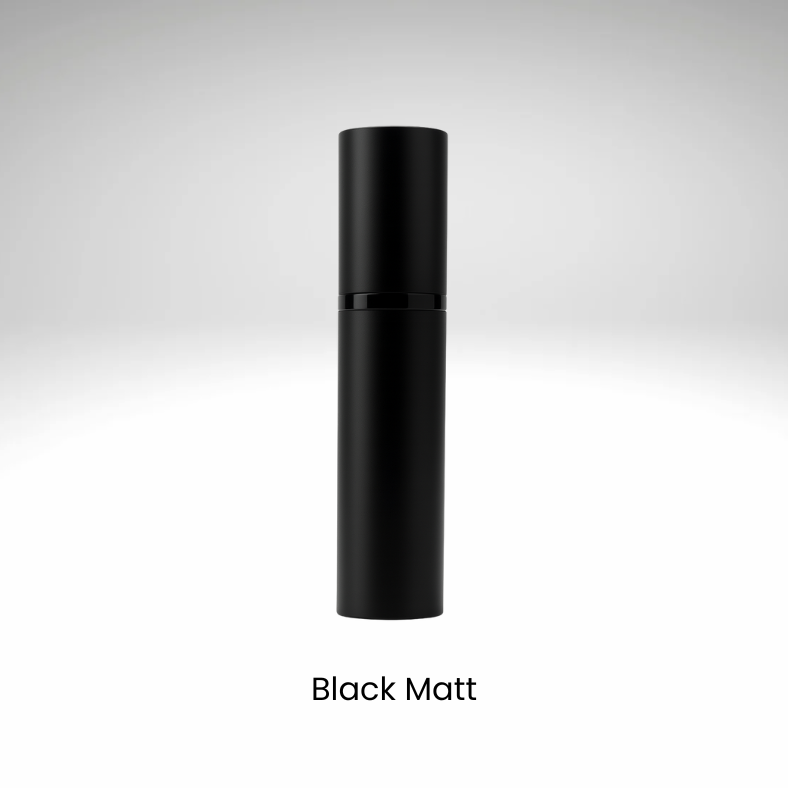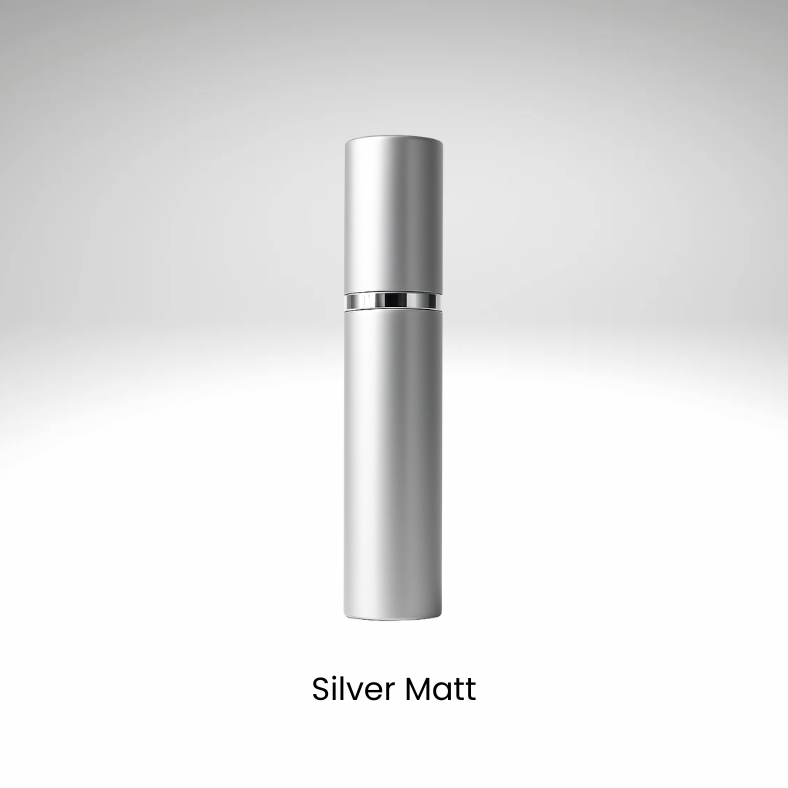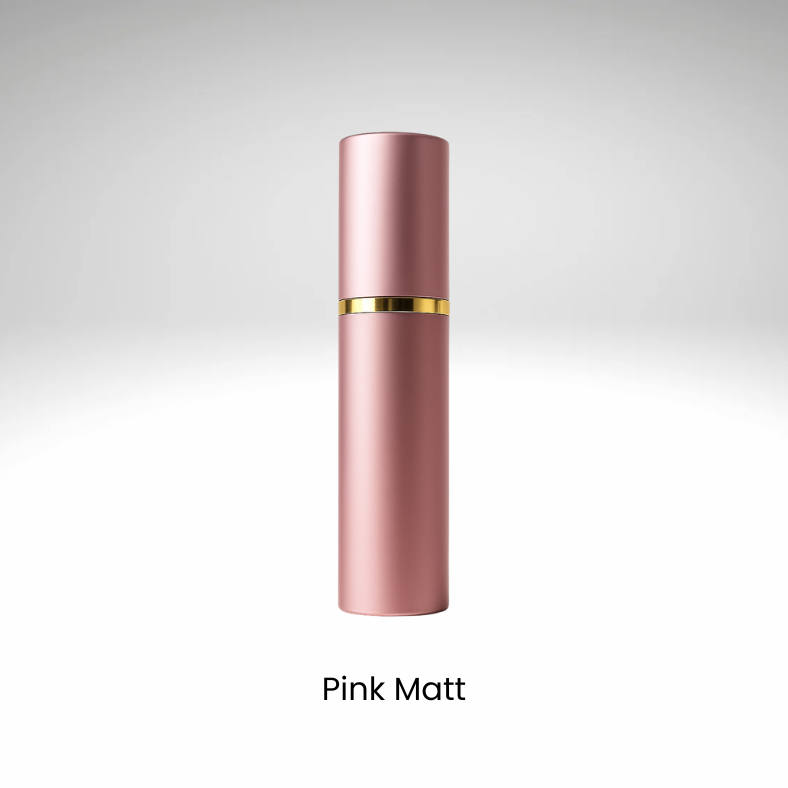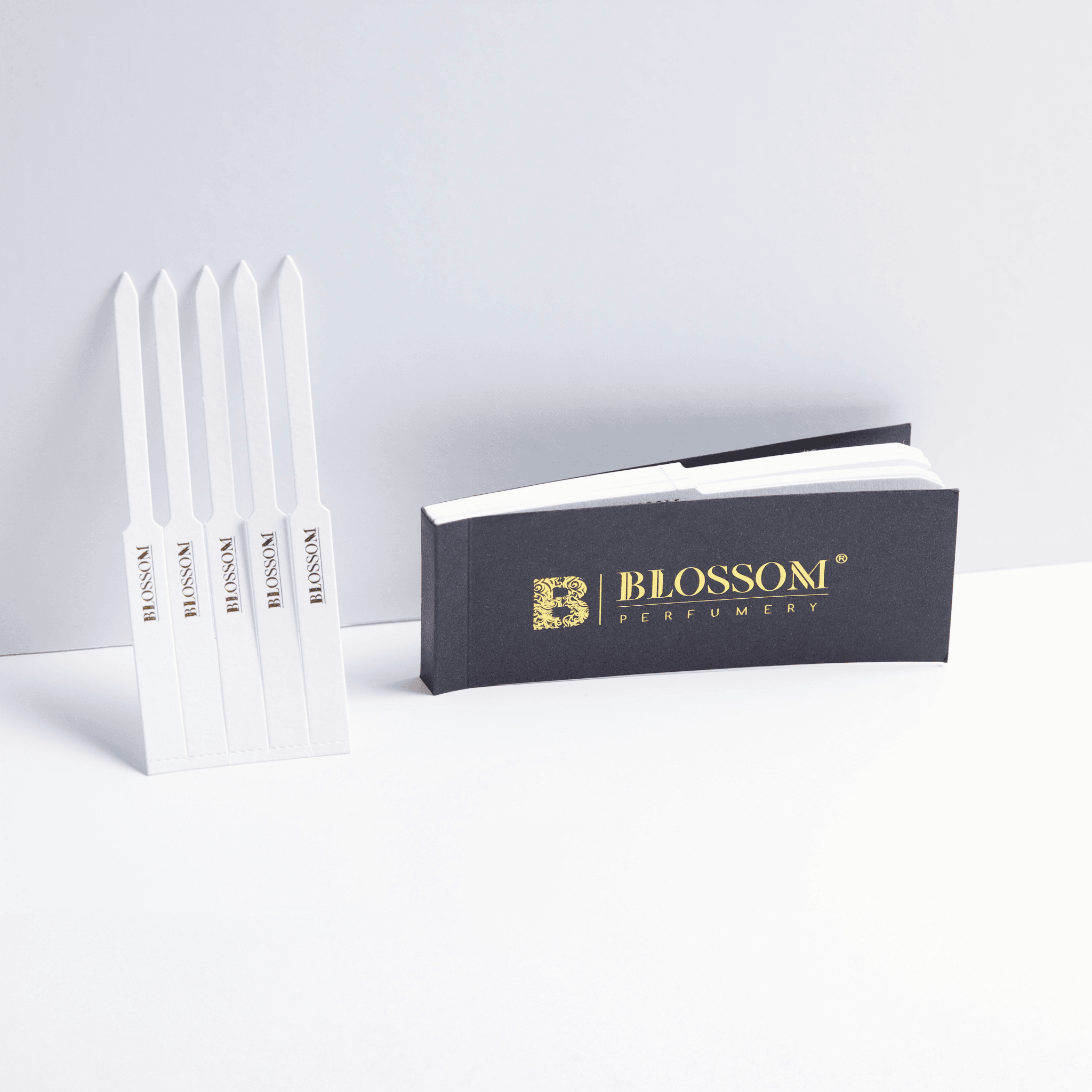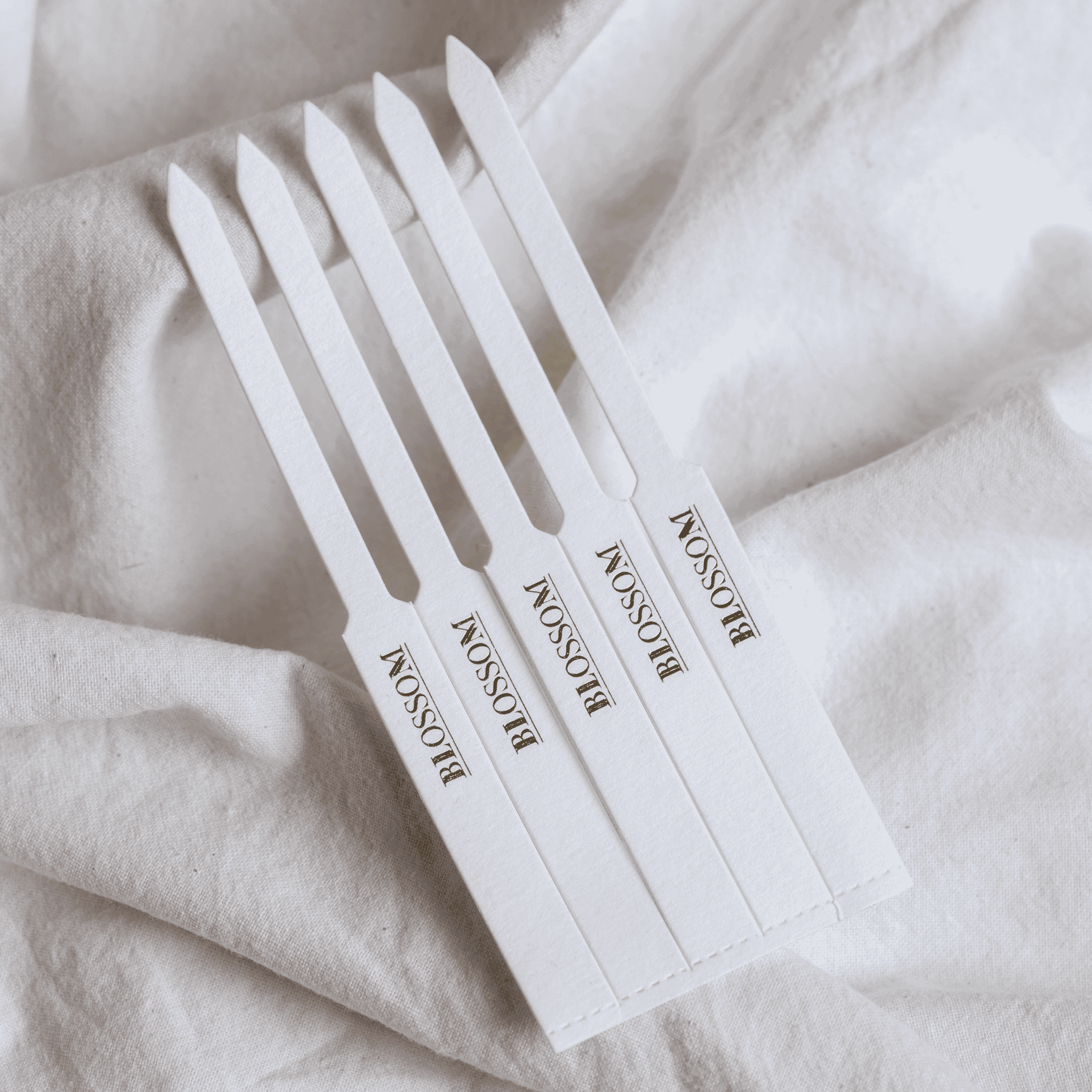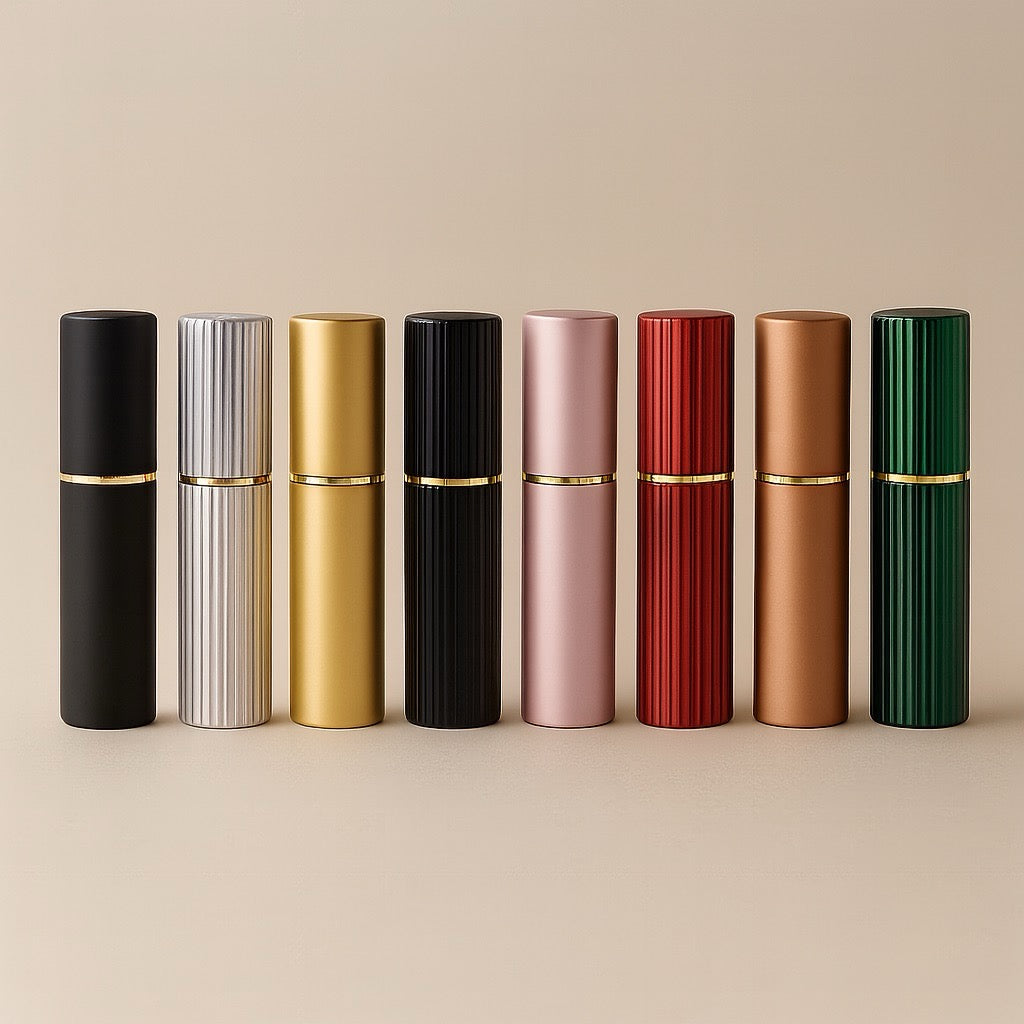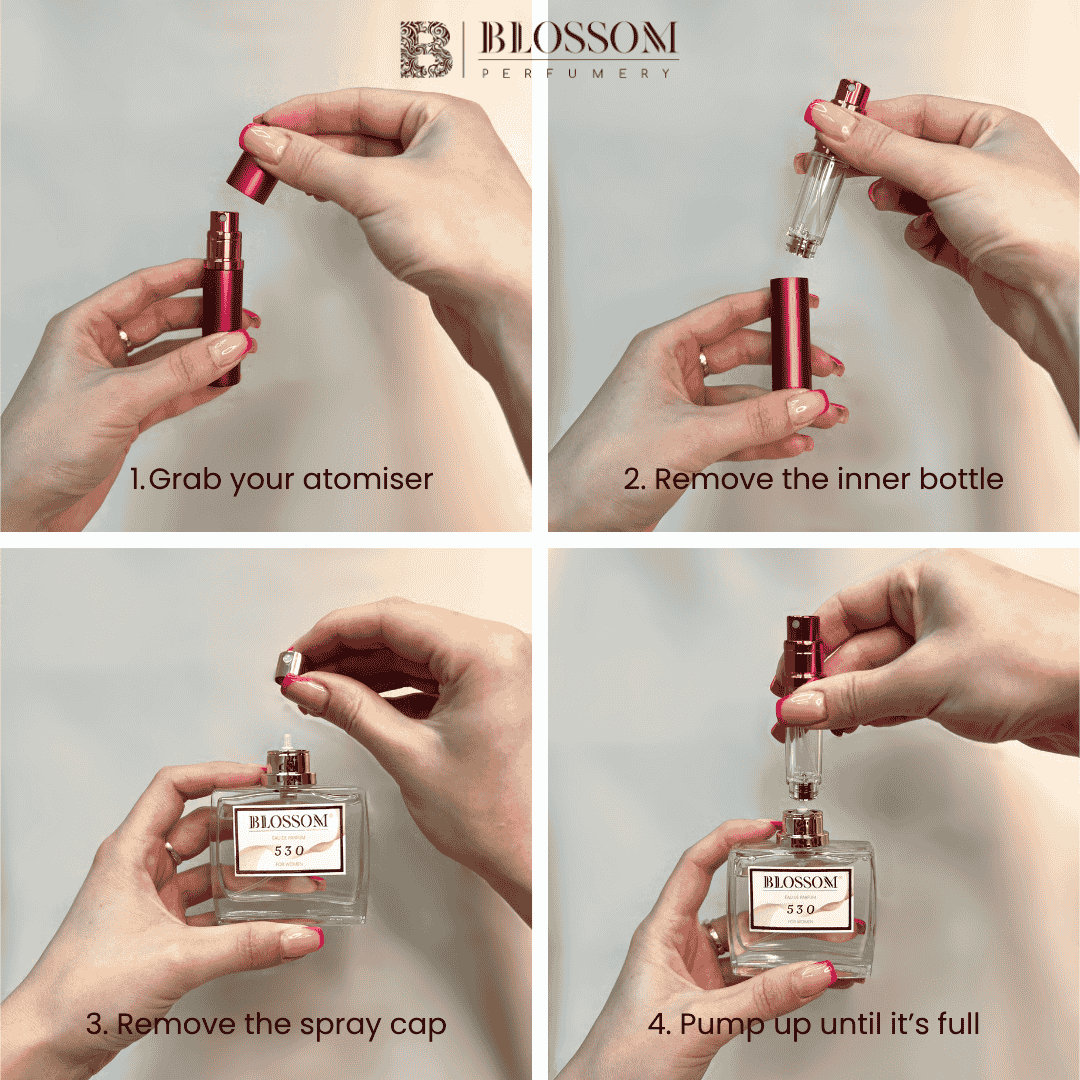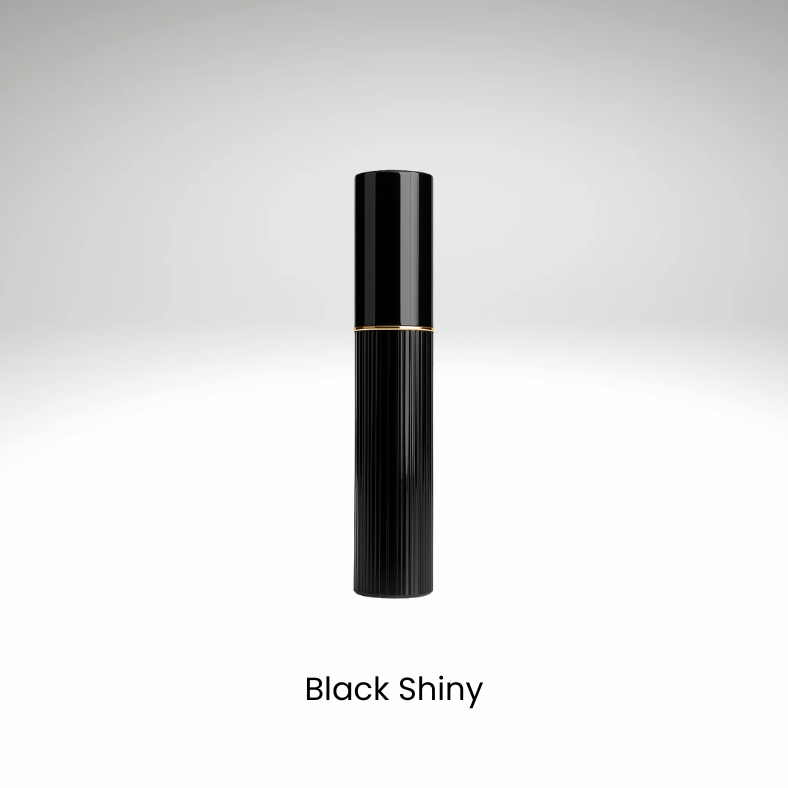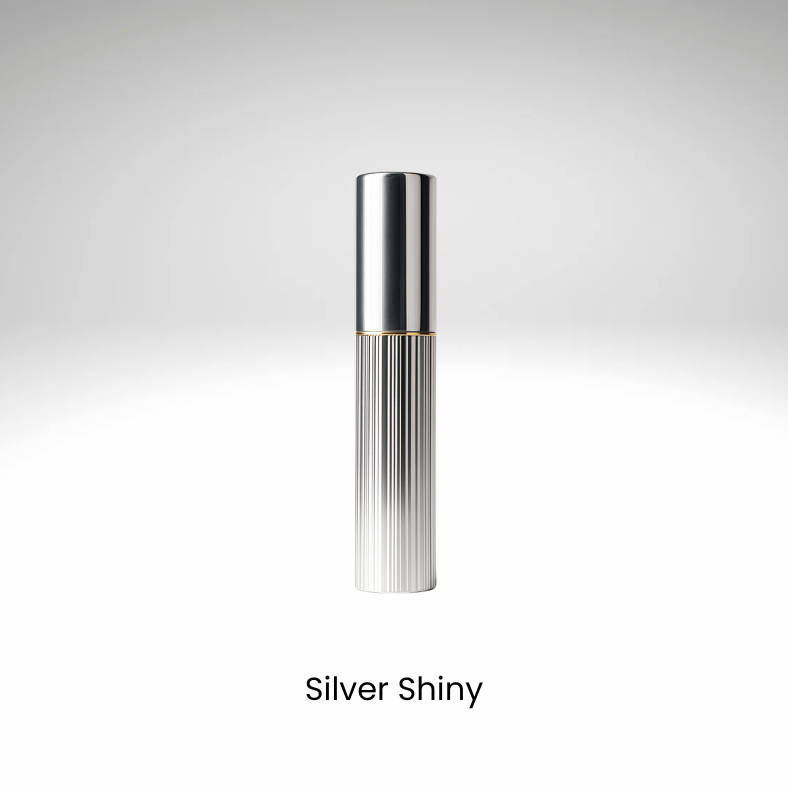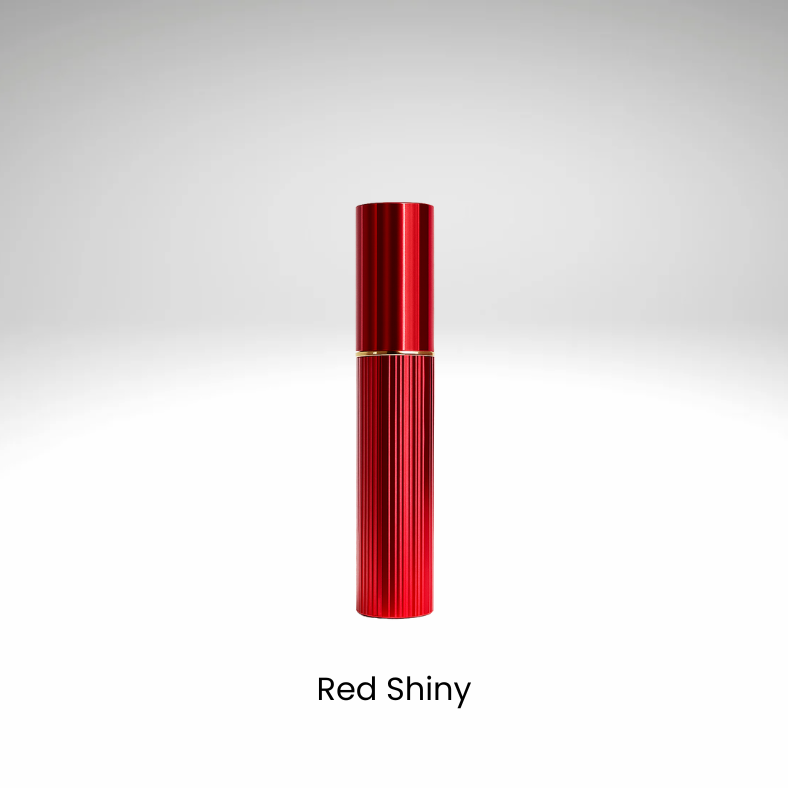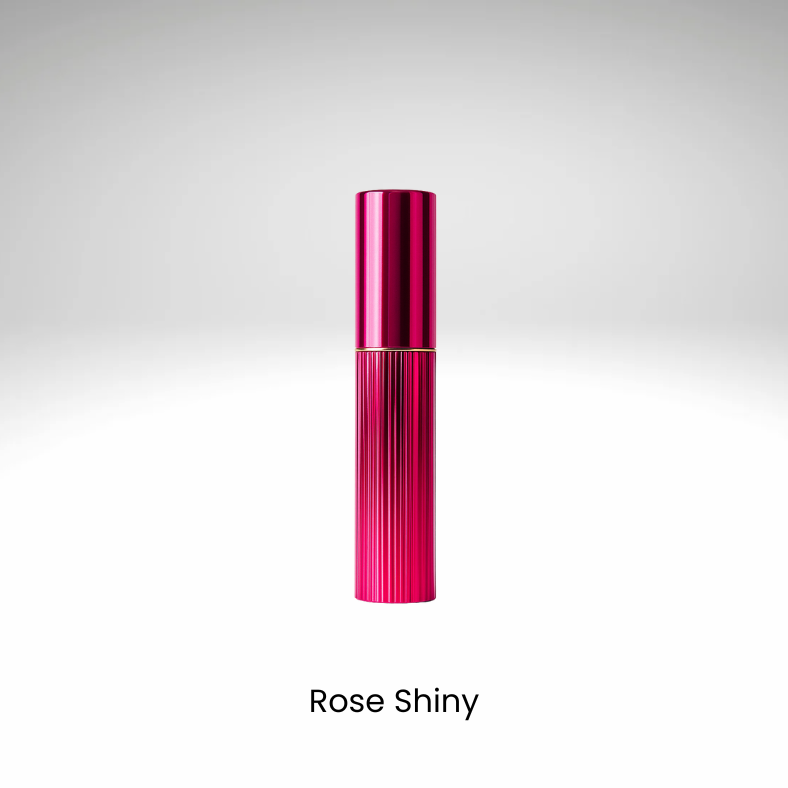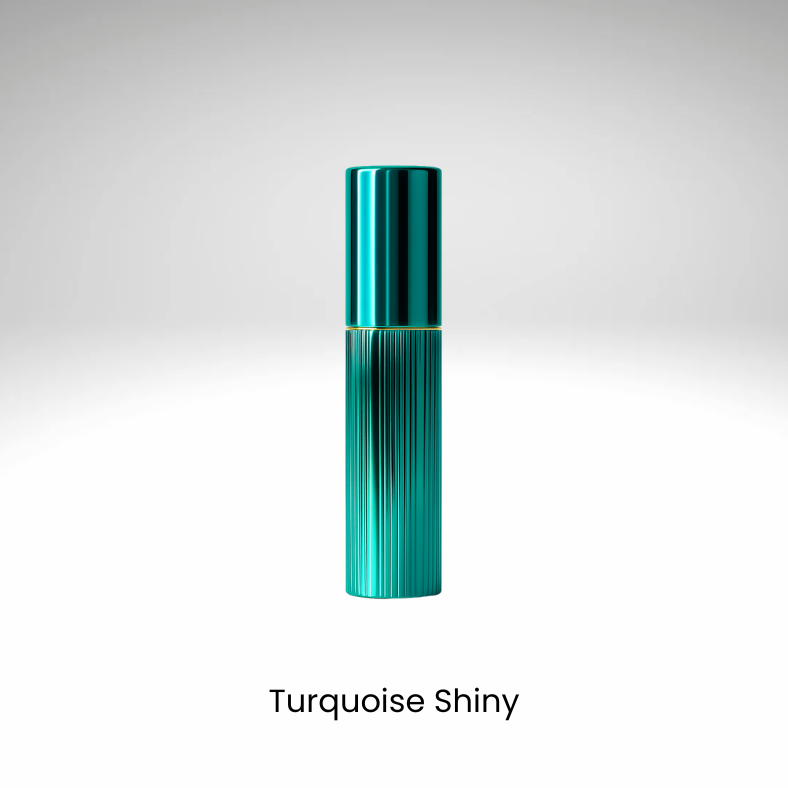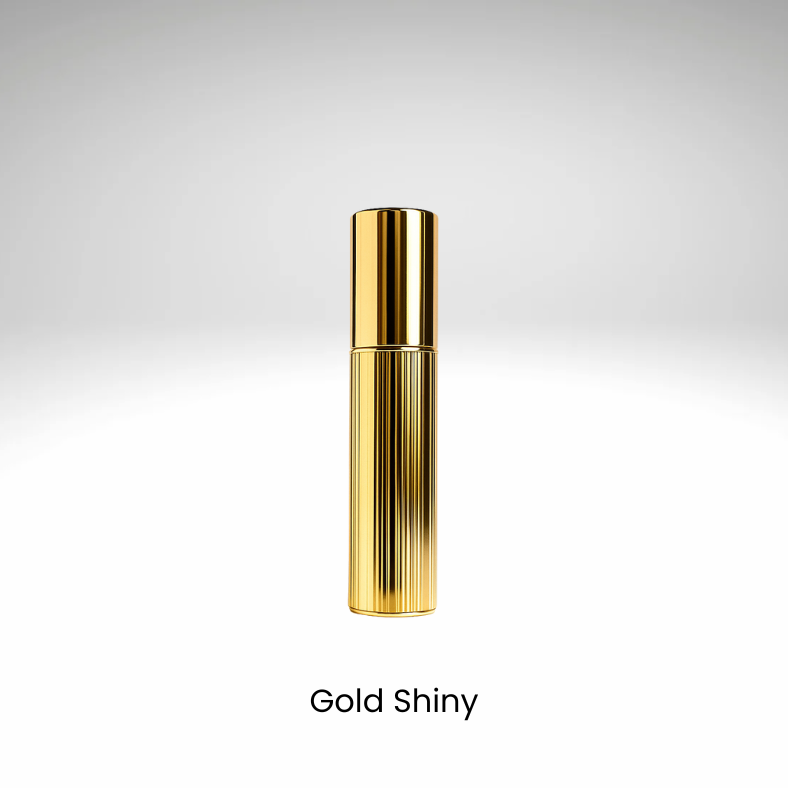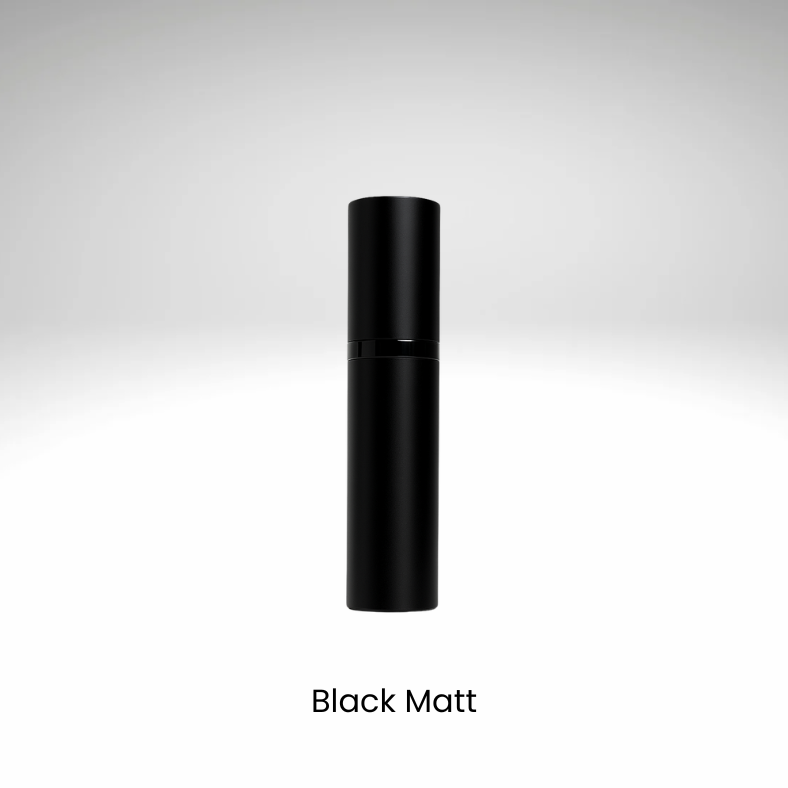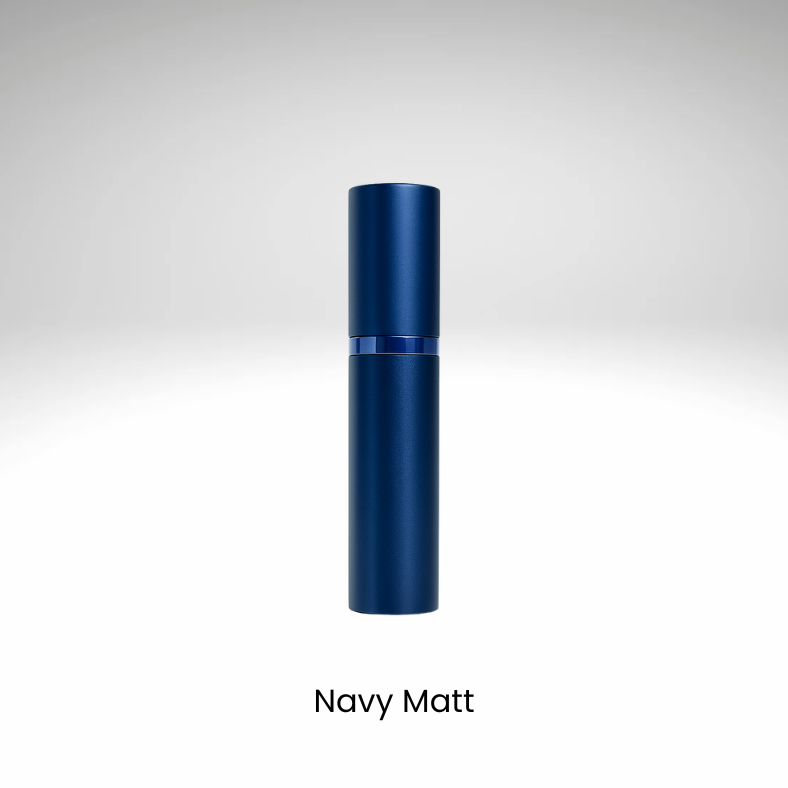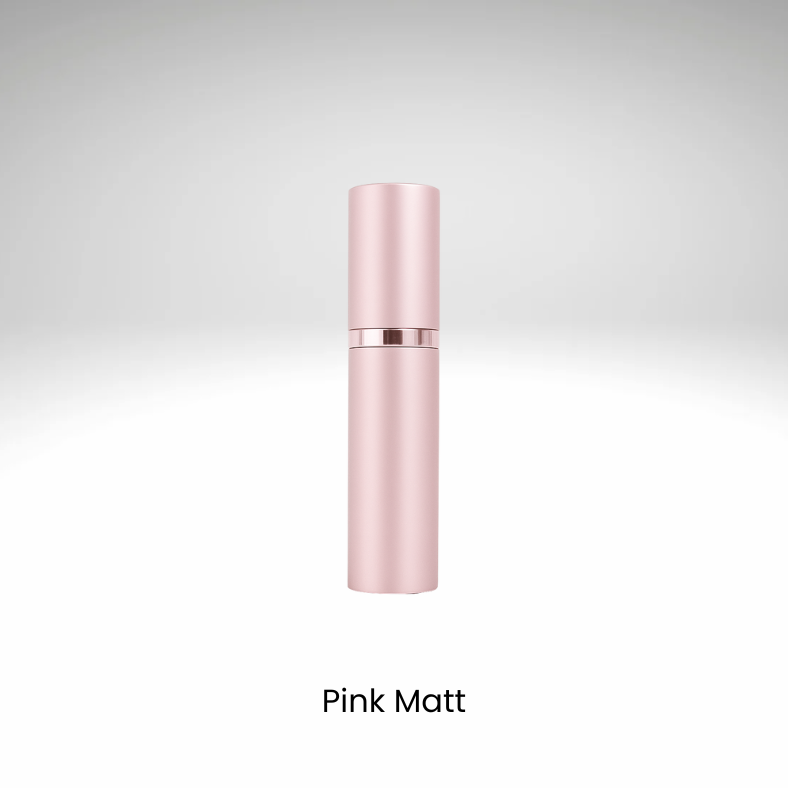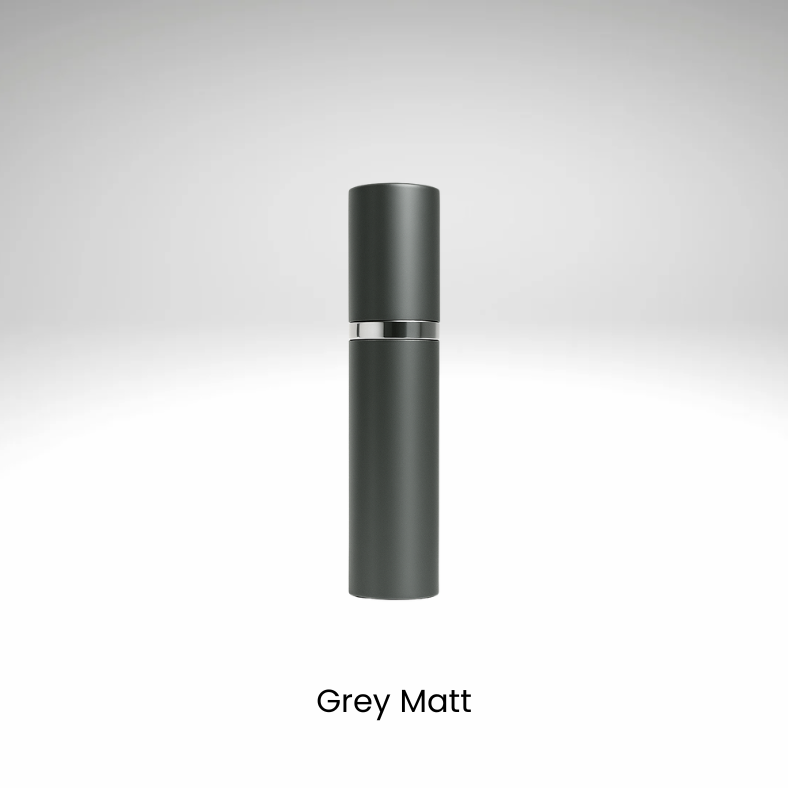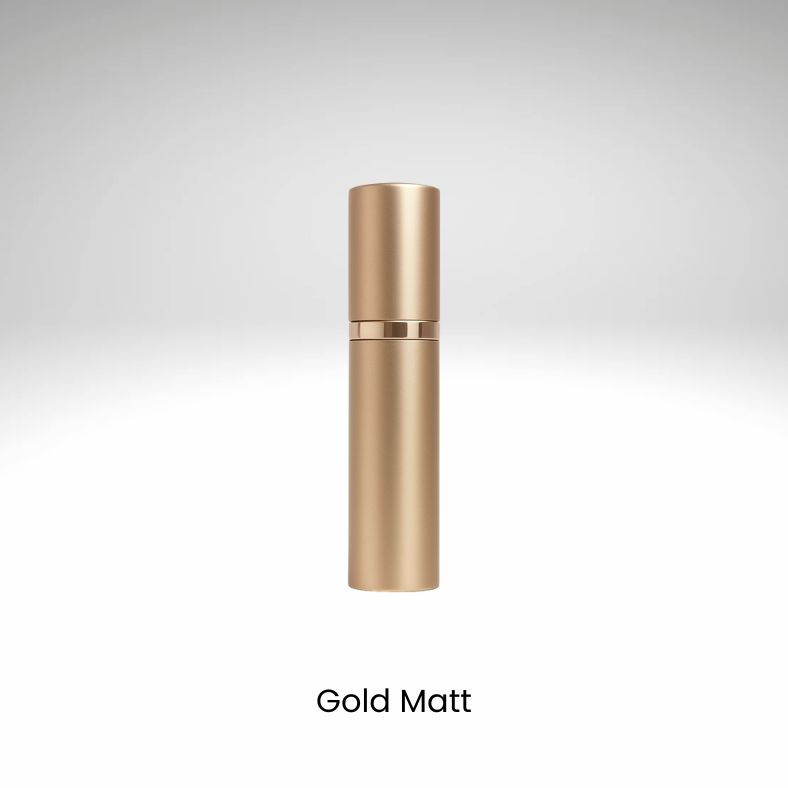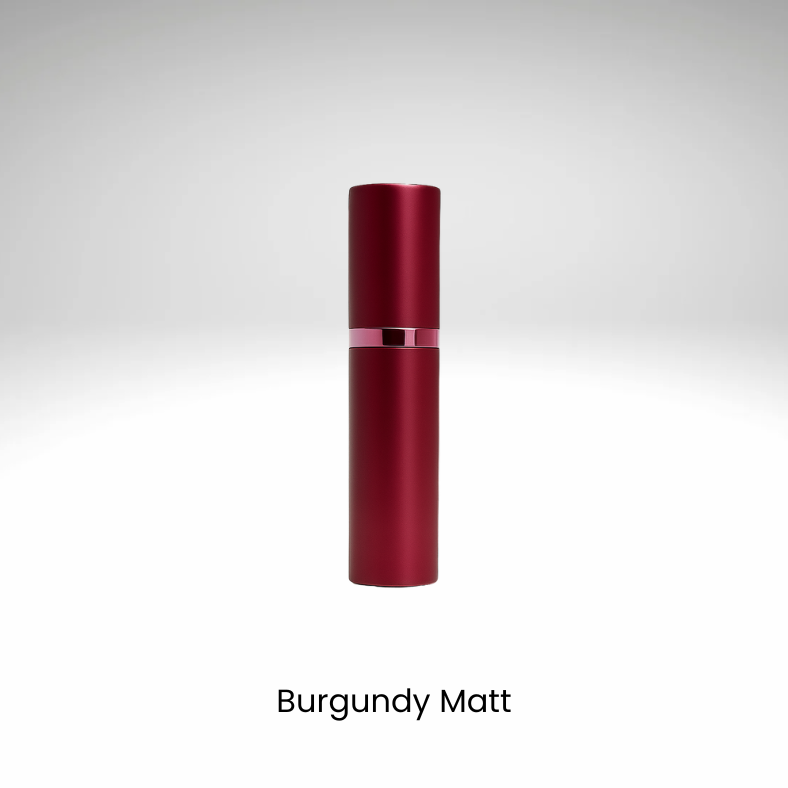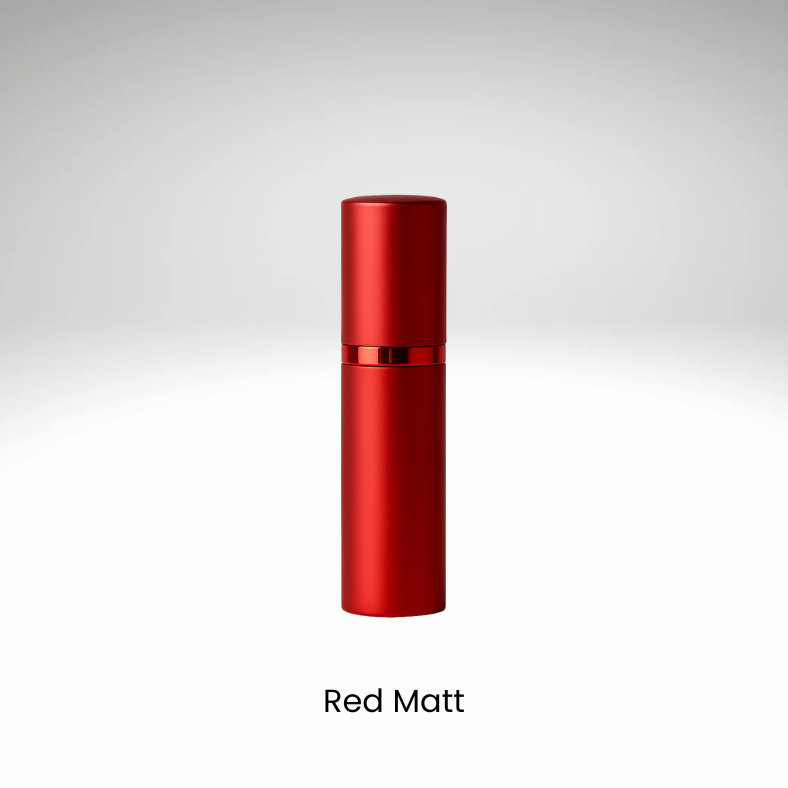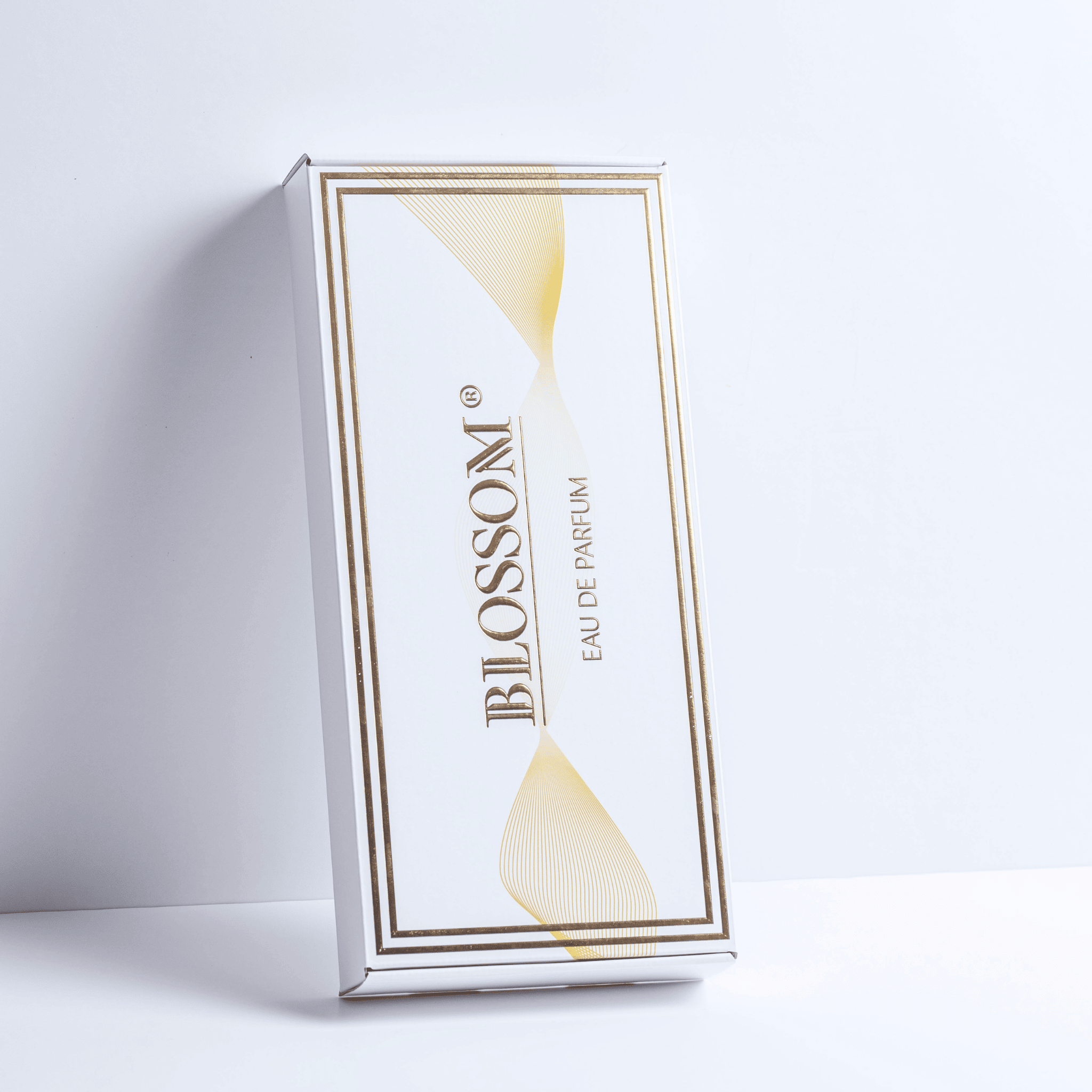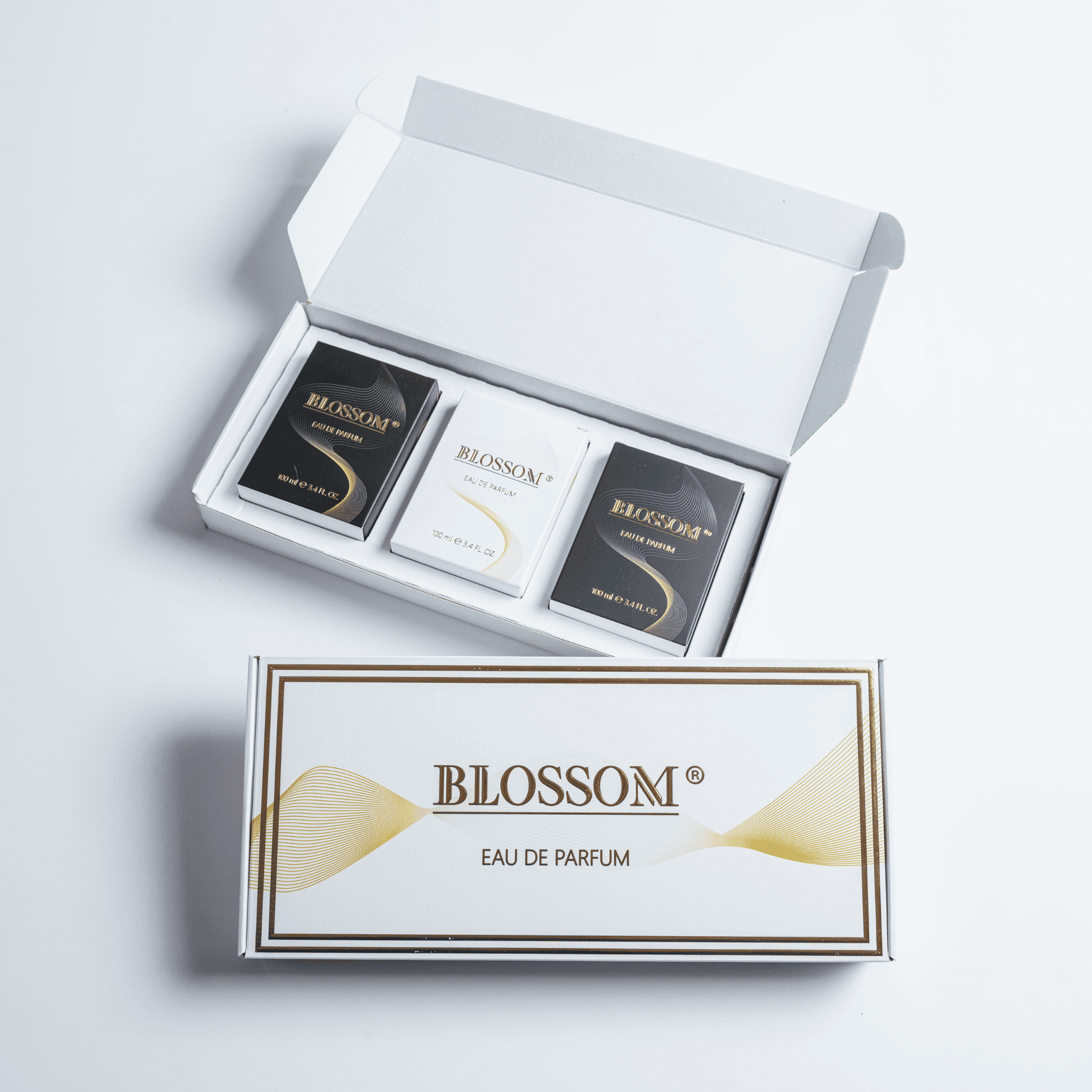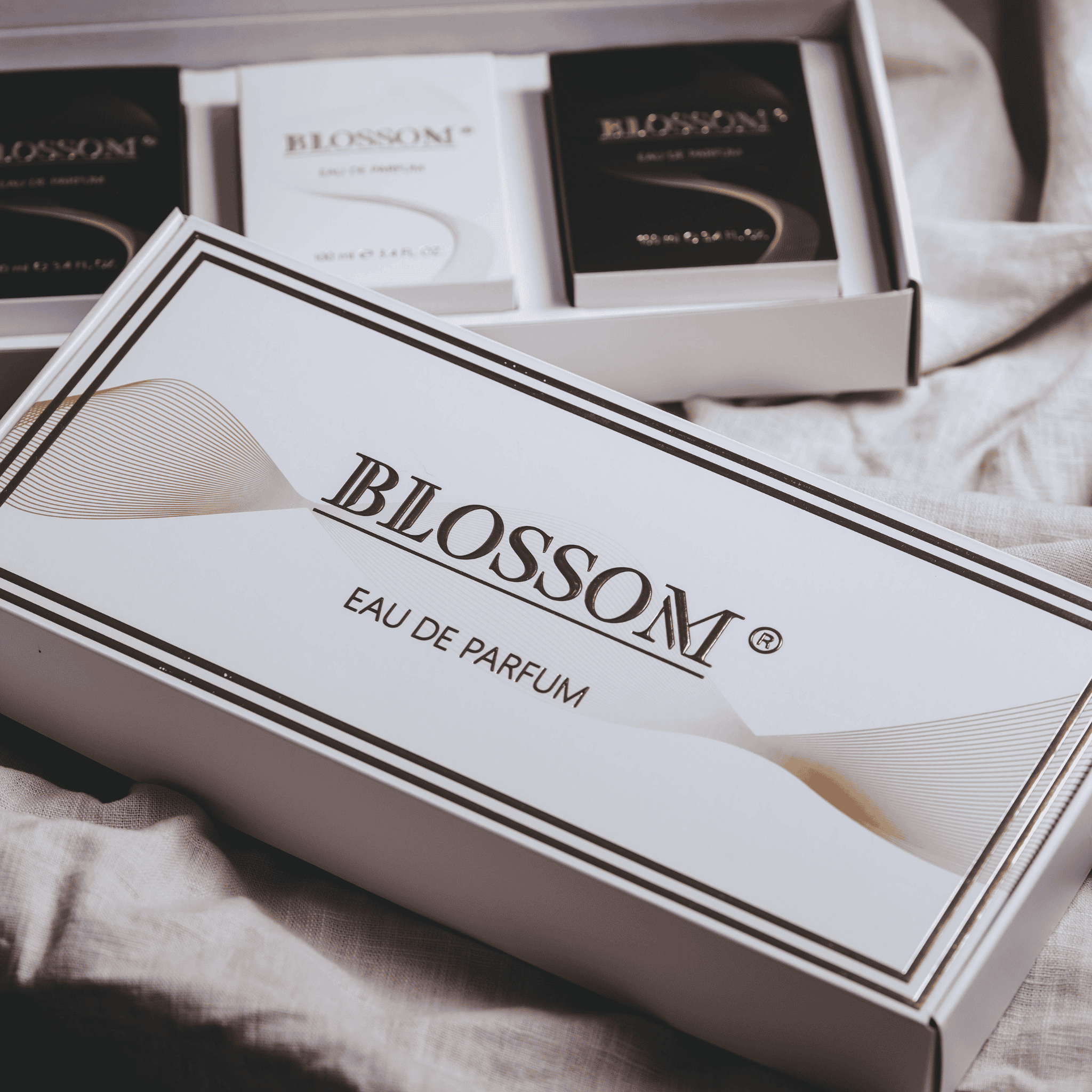It's a familiar scenario: a beautifully packaged perfume, a gift perhaps, or a special purchase, sits tucked away, waiting for the right moment. Years might pass. Then, the question arises: How long does perfume last unopened? Is that precious elixir still as enchanting as the day it was bottled?
Humans have sought to capture and preserve scents for millennia. The ancient Egyptians, for instance, were masters at creating long-lasting perfumes, interring their pharaohs with fragrant oils that, astoundingly, sometimes retained their aroma when tombs were opened thousands of years later, setting a fascinating precedent for our expectations of perfume longevity.
Is your unopened bottle a modern-day pharaoh's treasure, its magic still potent? Let’s “uncork” the secrets within this article to find out.
Does perfume expire if it hasn't been opened?
Even if a perfume remains sealed, it can undergo changes. The primary enemies of fragrance are light, heat, and oxidation. While an unopened bottle significantly limits exposure to air, thereby slowing oxidation, it doesn't halt it entirely and imperceptible shifts can occur.

The seal itself, though designed to be airtight, might not be perfect over many, many years. Interestingly, even the type of seal historically used can play a role; for instance, while elegant, traditional glass stoppers on vintage flacons might, over very extended periods, allow for more micro-evaporation or subtle oxidation compared to the tightly crimped seals of modern atomizers, adding another layer to the mystery of a perfume's long-term evolution.
Furthermore, the ingredients within the perfume interact with each other. Some molecules are more stable than others; some are prone to breaking down or transforming, subtly altering the scent profile. Think of it like a treasured first edition book stored in a library. While protected from the daily wear and tear of being read, the paper might still yellow slightly over decades, the ink subtly fading, simply due to the inherent nature of its materials and the ambient environment.
An unopened perfume, though sealed, is still a complex chemical composition susceptible to incredibly slow, subtle internal reactions over many years.
How to tell if perfume has expired?
For an unopened perfume, visual cues are your first port of call before you even consider breaking the seal. Look for significant color changes. A rich amber turning into a murky brown, or a clear liquid becoming yellowish, can be an indicator. While some natural ingredients cause normal color changes over time, dramatic shifts are suspect.
Historically, perfumes relied heavily on natural resins and macerations, prone to noticeable color or consistency changes. Modern perfumery often uses more stable molecules, but visual checks remain vital, especially for vintage bottles.
Also, observe for any sediment. While rare in unopened bottles, cloudiness or particles at the bottom can suggest degradation.
If you do open it, the smell is the ultimate test. The bright, initial burst of scent, often citrus or light florals known as top notes, are typically the most volatile, so if these seem muted or absent, the perfume has likely changed. A sharp, sour, or vinegar-like or metallic scent is a strong sign of significant oxidation and spoilage. Finally, a weakened overall scent, where the perfume smells faint or watered-down compared to its known profile, indicates lost potency. Consistency is less of a factor for unopened perfumes due to minimal evaporation, but it's relevant for opened ones.
Is it okay to use a REALLY old perfume?
This is where caution is advised. If an unopened perfume looks and smells fine upon opening, it might be perfectly usable. However, as perfume ages, chemical compounds can break down into new substances. Some of these might be irritants. A patch test is crucial before applying an old perfume liberally. There are countless stories on fragrance forums of individuals discovering a grandmother's cherished, half-century-old perfume. Sometimes, miraculously, the scent is largely intact, a beautiful echo of the past. One blogger even recounted finding a vintage formulation at a thrift store, noting the thrill of acquiring such a “find”.
However, for every such success, there are tales of disappointment or, worse, unexpected skin reactions. This underscores the importance of that patch test. Apply a small amount to an inconspicuous area of your skin, like the inner elbow, and wait 24 hours. If there's any redness, itching, or irritation, it's best not to use it on your skin.
What to do with old unopened perfume?
If you have an old, unopened perfume and you're hesitant to use it, several options exist:
-
Test Cautiously: If it passes the visual check, you might open it and perform the scent and patch tests mentioned earlier.
-
Display Item: For some, an old unopened perfume transforms from a wearable cosmetic into an artifact. Some vintage perfume bottles are beautiful collector's items in their own right, exquisite examples of past aesthetic trends, worthy of display.
-
Room Fragrance (with care): If the scent is still pleasant but you wouldn't risk it on your skin, a small spritz into the air (away from delicate fabrics) might be an option.
-
Consult a Collector: For truly vintage or rare perfumes, a collector might be interested, even if the scent has changed. Collectors often seek out these unopened treasures, not necessarily for use, but as historical objects that tell a story of a particular era or a renowned but now-discontinued fragrance house.
Disposal should be done responsibly if the perfume is clearly spoiled. Never pour it down the drain. Check local regulations for chemical waste disposal.
Is it okay to smell expired perfume?
Generally, smelling an expired perfume directly from the bottle or a test strip is unlikely to cause harm. The primary risk with old perfume comes from skin contact, where altered chemical compounds might cause irritation or allergic reactions. If the smell itself is acrid or causes any nasal discomfort, it's obviously best to avoid further inhalation. It's a different sensation, isn't it, when a once-loved aroma turns into something unrecognizable? That olfactory disappointment can be quite sharp.
Which types of perfume expire faster?
Not all perfumes age at the same rate, even when unopened. The ingredients, perfume concentration, and even the bottle type play significant roles here. For instance, fragrances dominated by volatile top notes, such as natural citrus oils (lemon, bergamot) or very light florals, tend to show signs of change more quickly, with these bright introductions sometimes fading within 1-3 years even in an unopened bottle.
Conversely, perfumes with rich, robust base notes like orientals, woods, and particularly chypre fragrances—a family famously defined by compositions like François Coty's 1917 "Chypre" with its enduring blend of citrus, labdanum, and oakmoss—often exhibit greater longevity, potentially lasting 5 years or even decades if stored impeccably.
The source of ingredients also matters. Predominantly natural ingredients can be less stable and more prone to change than many synthetic aromachemicals, which are often engineered for stability. Regarding concentration, while the higher alcohol content in Eau de Cologne (EDC) and Eau de Toilette (EDT) acts as a preservative, the lower perfume oil content means their characteristic scent profile might seem to fade or alter more noticeably over time compared to the richer Eau de Parfum (EDP) or Parfum/Extrait, whose higher oil concentrations often lend them a more enduring scent character, such as those found in collections of amber scented replicas.
Finally, the bottle itself contributes: clear glass offers less protection against light degradation than opaque or darkly tinted glass, which helps block harmful UV rays.
Protecting an unopened perfume
To give your unopened perfume the best chance at a long and fragrant life, proper storage is key. Storing your unopened perfume correctly is like cellaring a fine wine or protecting a delicate silk garment. You wouldn't leave a precious bottle of Bordeaux in a sunny kitchen window, nor would you store an heirloom dress in a damp attic. The same principles of cool, dark, and stable conditions apply to preserving the integrity of your fragrance. Consider it like preserving a precious artifact.
-
Keep it Cool: Heat is a primary accelerant of perfume degradation. Avoid storing perfumes in bathrooms (due to temperature and humidity fluctuations) or near radiators or direct heat sources. A cool cupboard or drawer is ideal.
-
Keep it Dark: Light, especially direct sunlight, can break down fragrance molecules. This is why many perfumes come in opaque or darkly tinted bottles. Always store perfume in its original box if possible, as this provides an extra layer of protection against light. Check: how to properly store perfum?
-
Keep it Consistent: Avoid drastic temperature fluctuations. A stable environment is preferable.
-
Keep it Sealed: Resist the temptation to open the perfume until you are ready to start using it. The original factory seal is its best defense against oxidation.
Ultimately, an unopened perfume can remain in good condition for several years, often for up to five years, and sometimes much longer, especially if it's a robust composition stored correctly. While there are no absolute guarantees, understanding these factors allows for a more informed appreciation of your fragrance collection, whether they are intricate oriental fragrances or delicate florals. That scent, after all, is a collection of memories waiting to be made or revisited.

